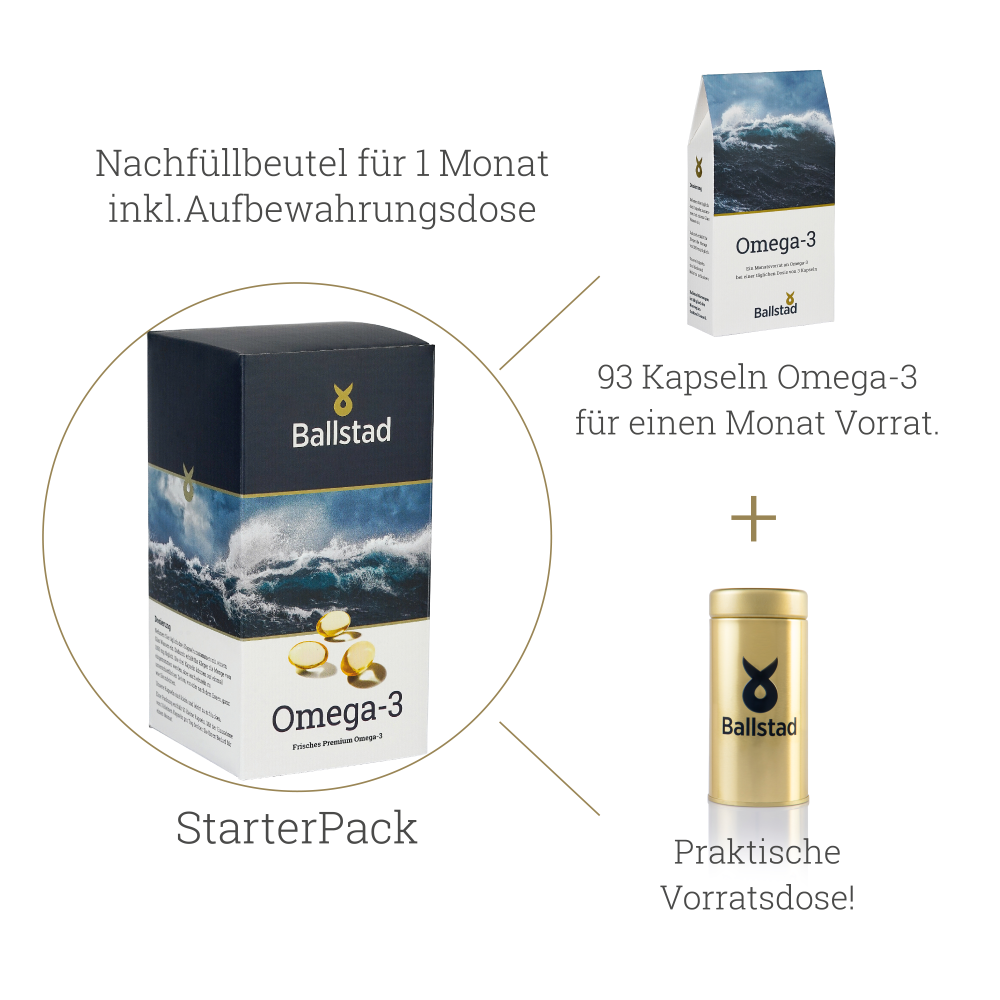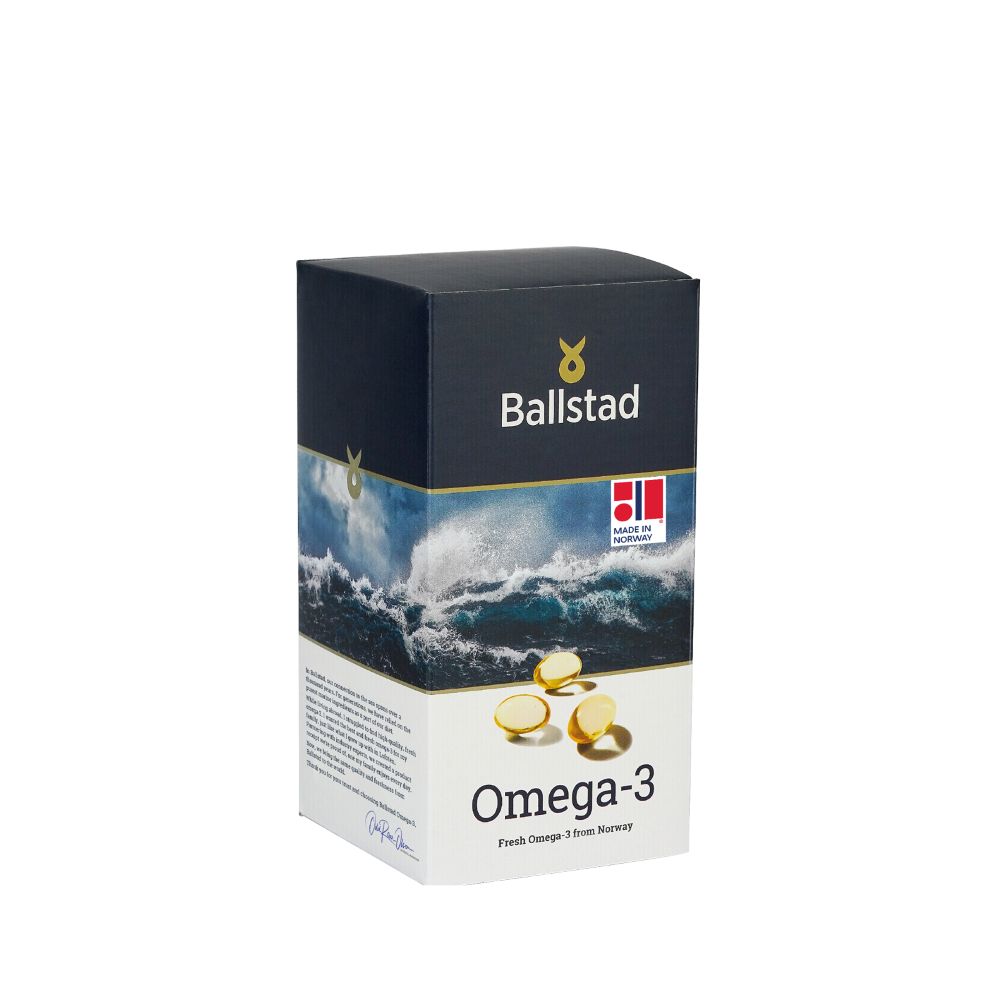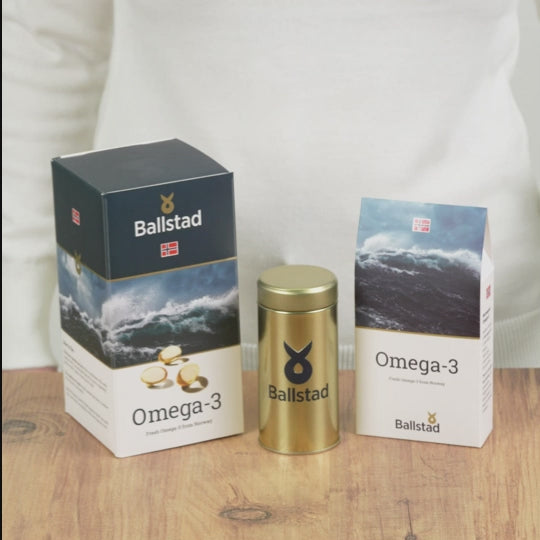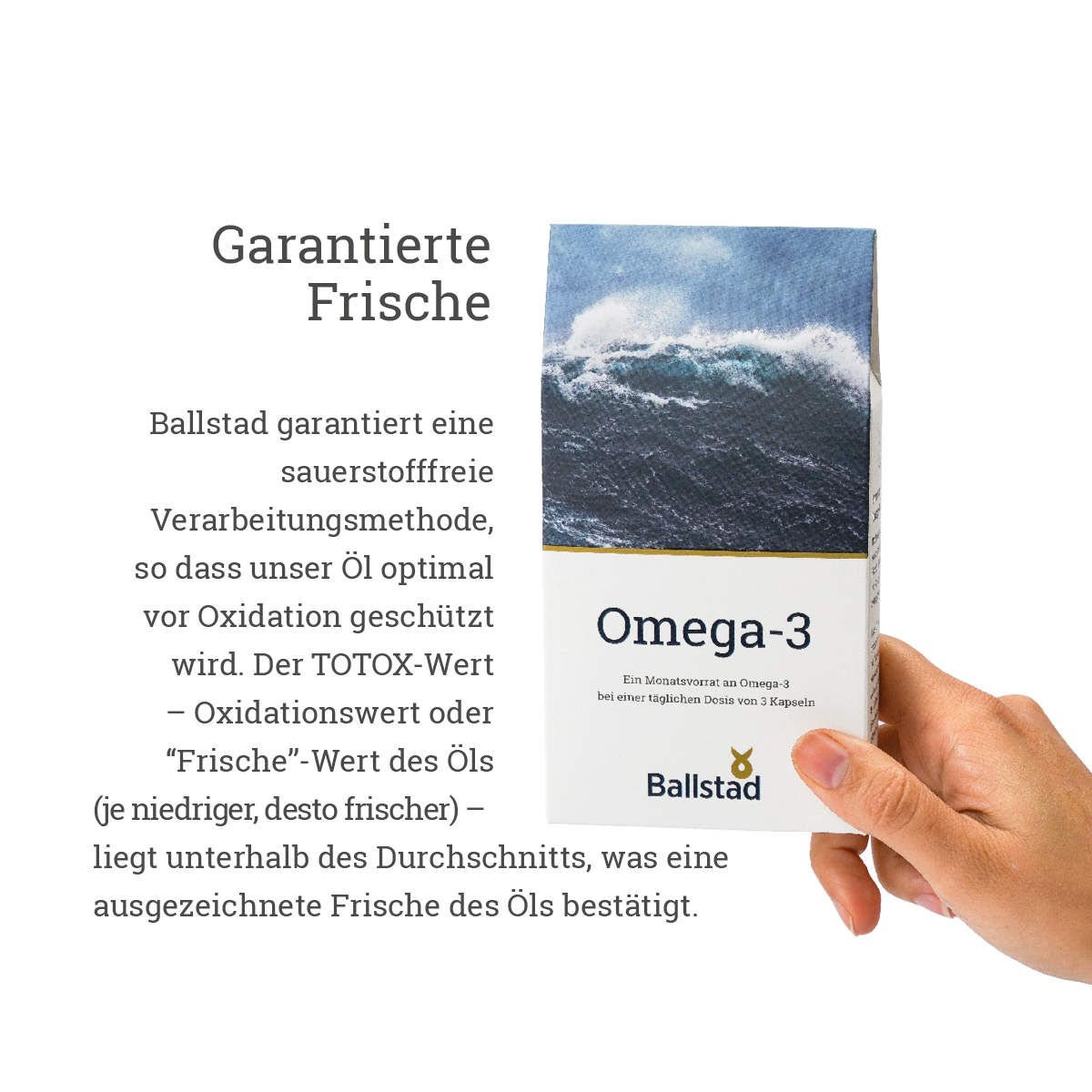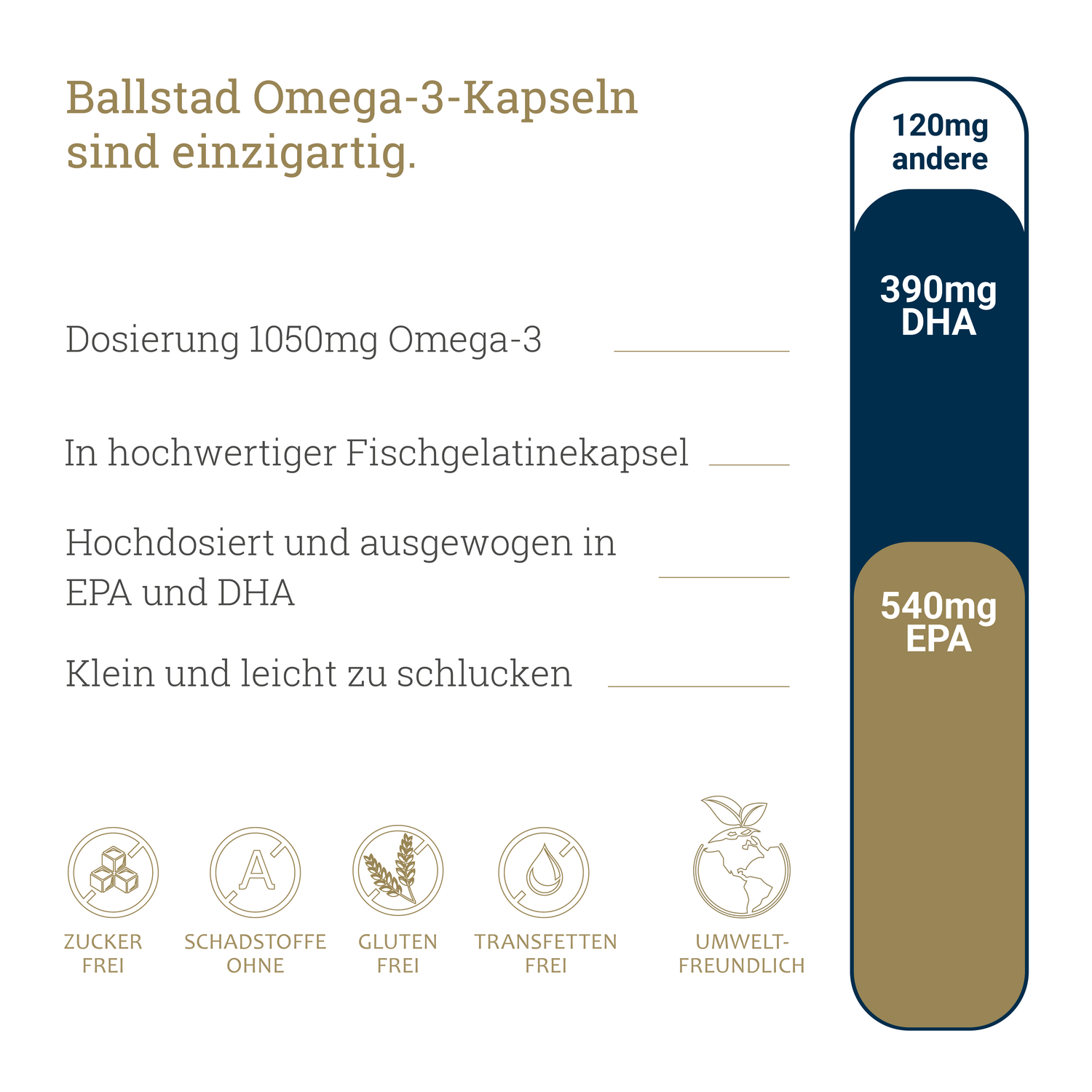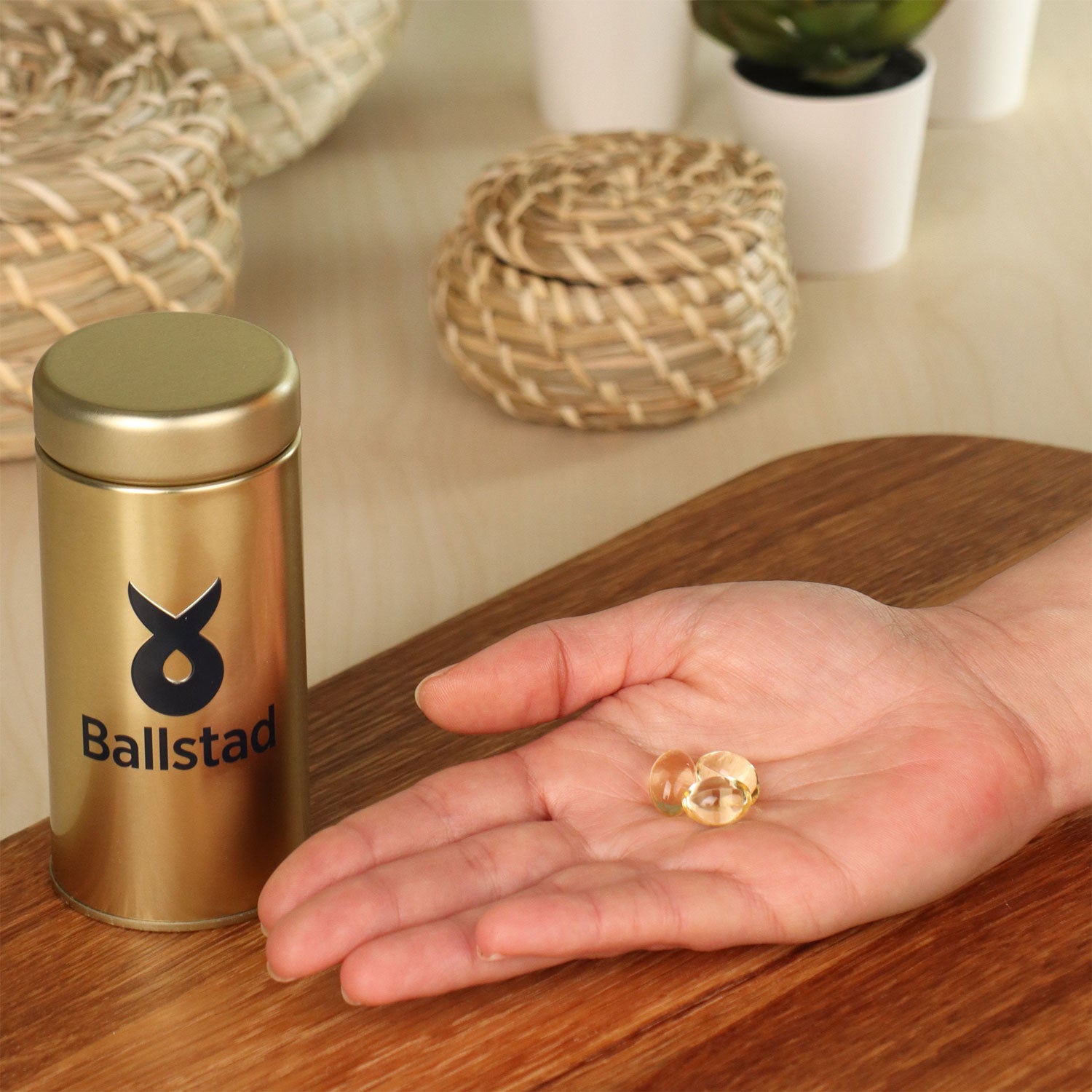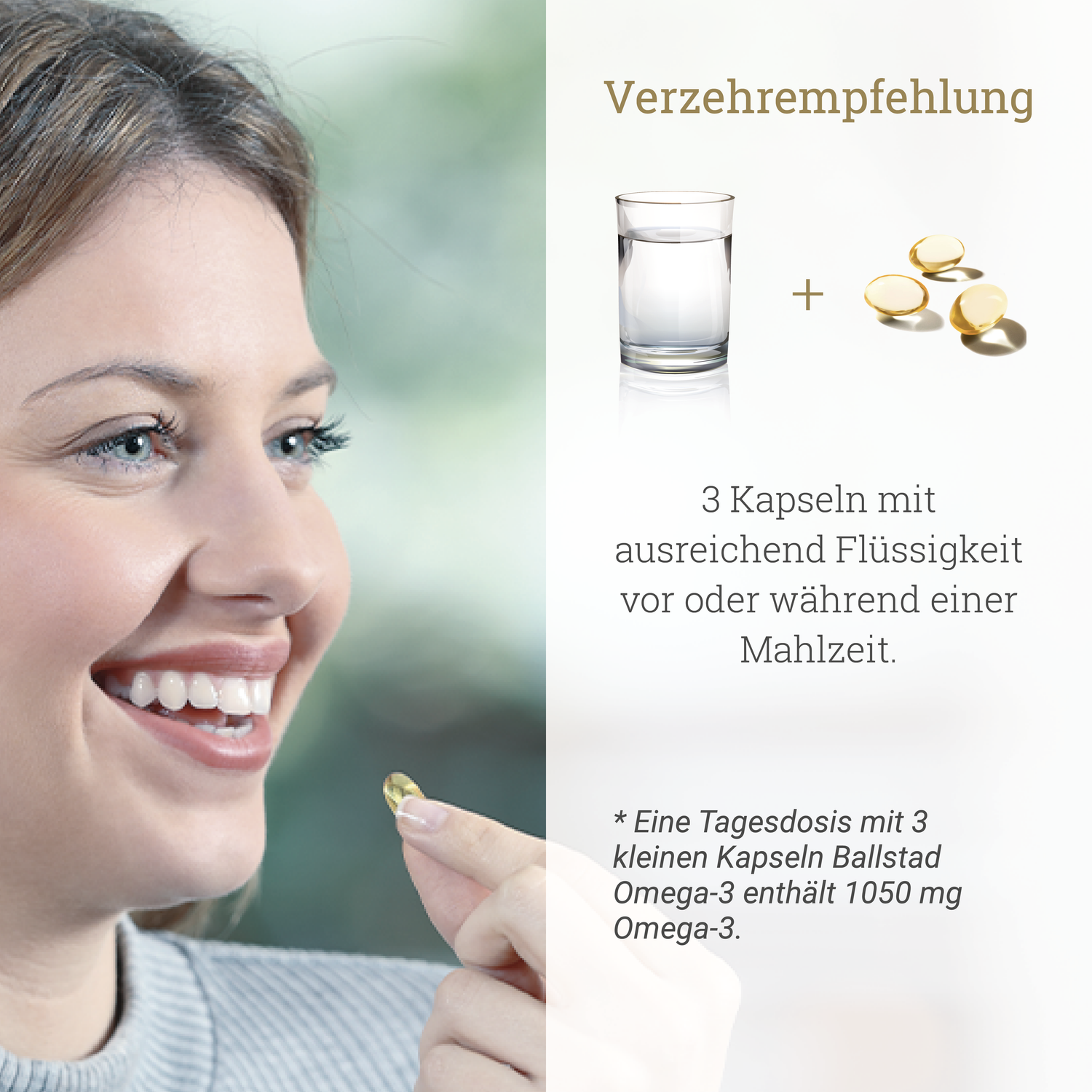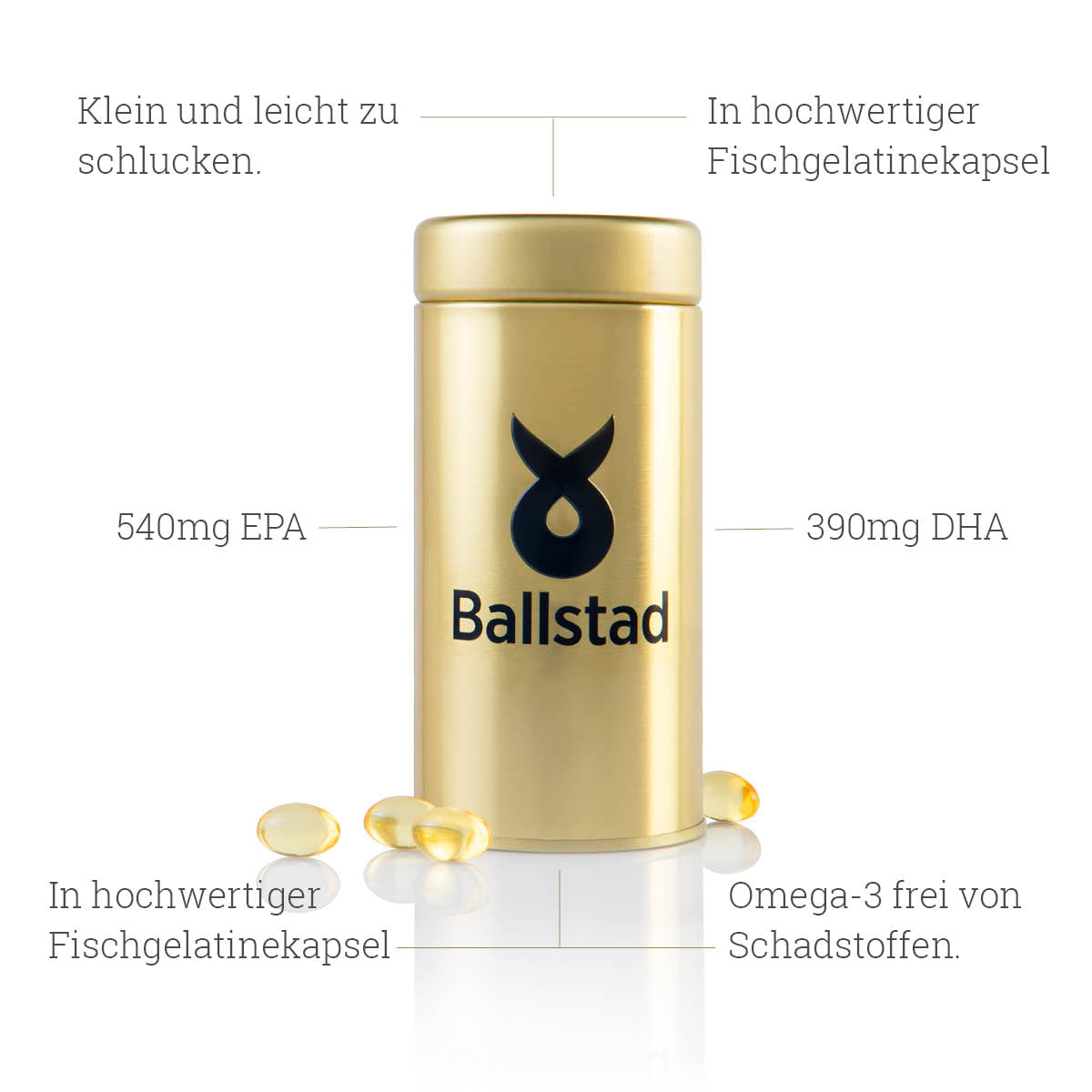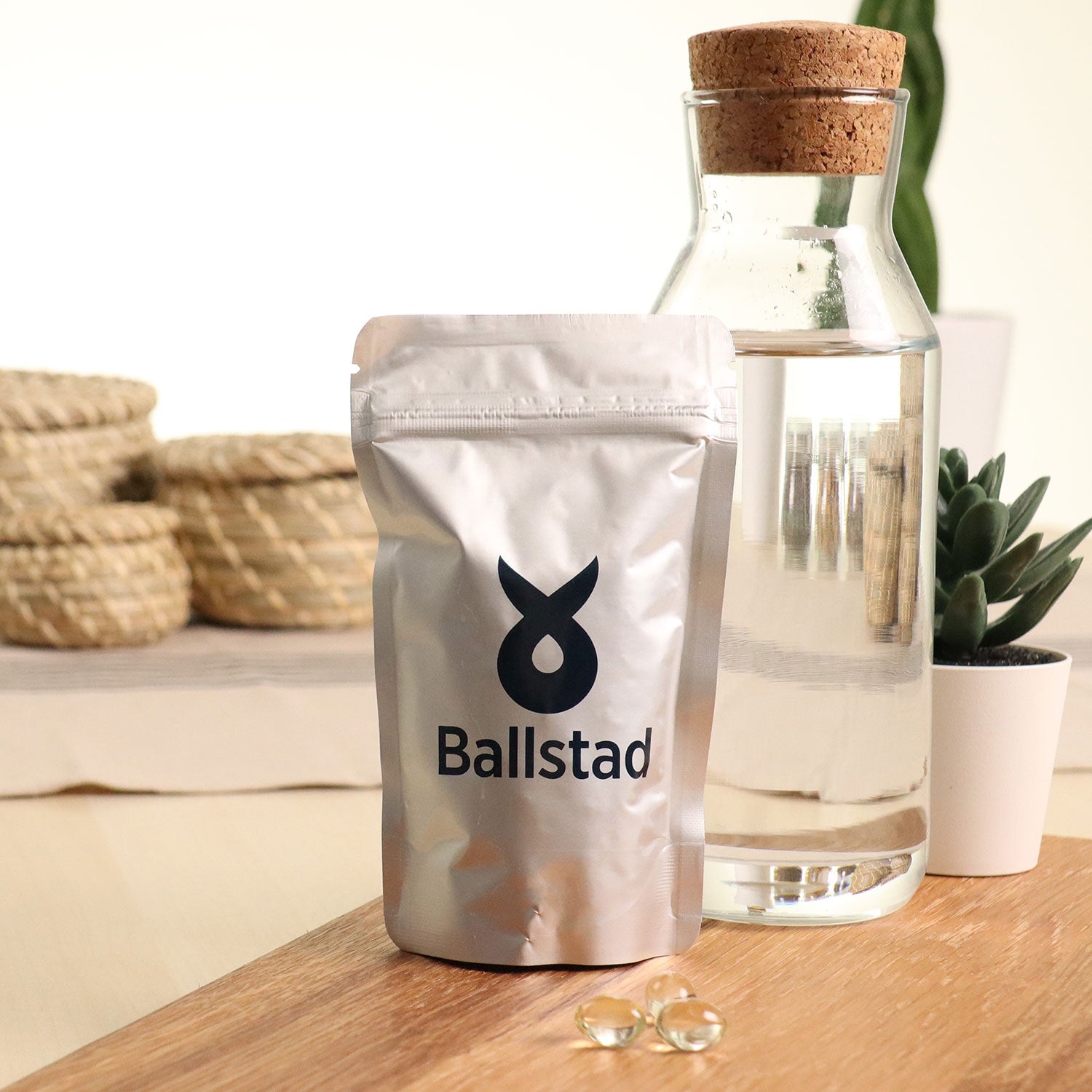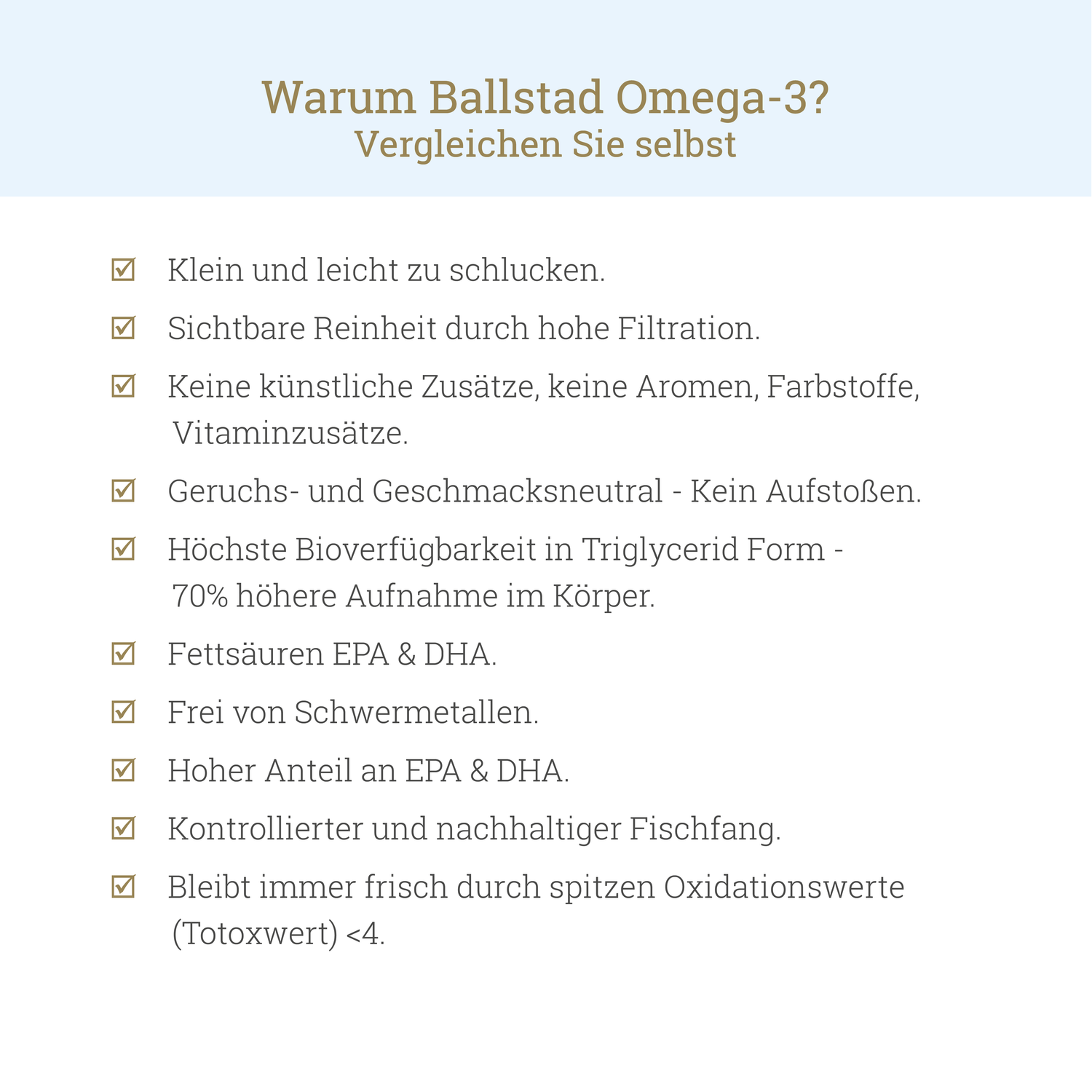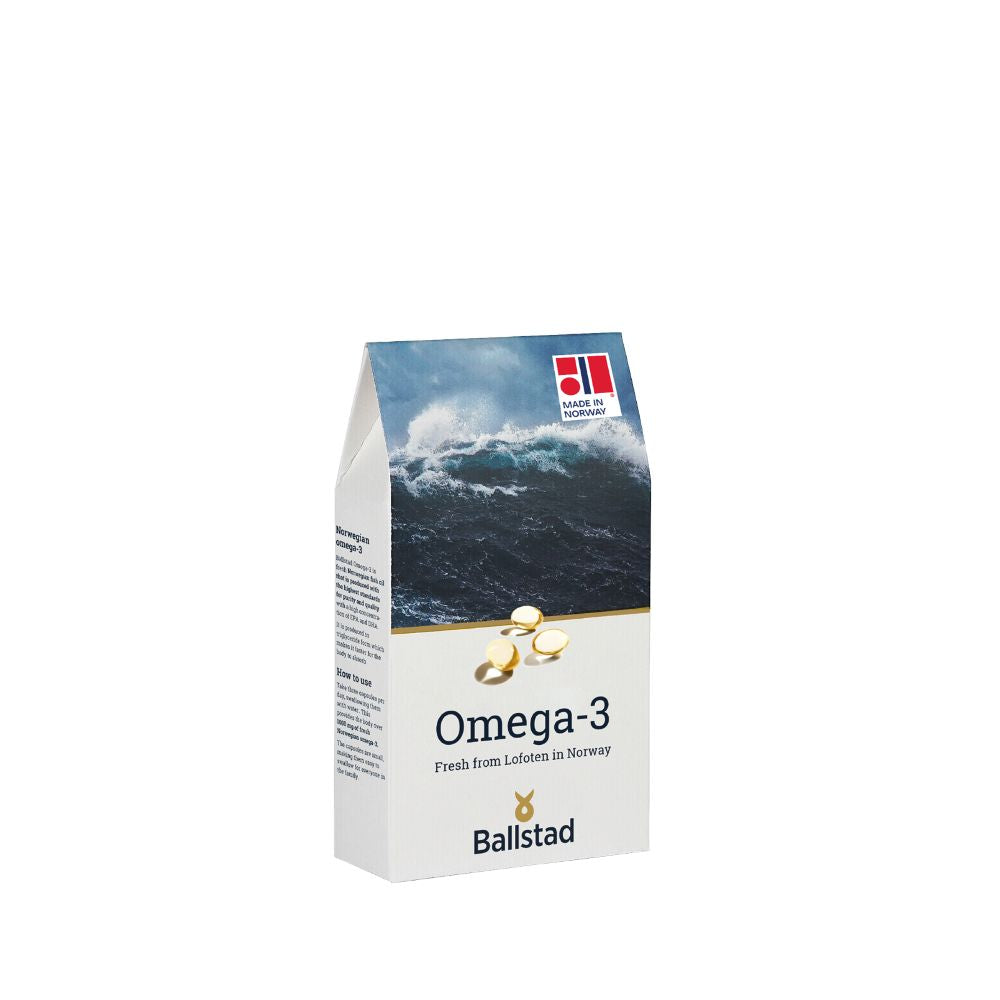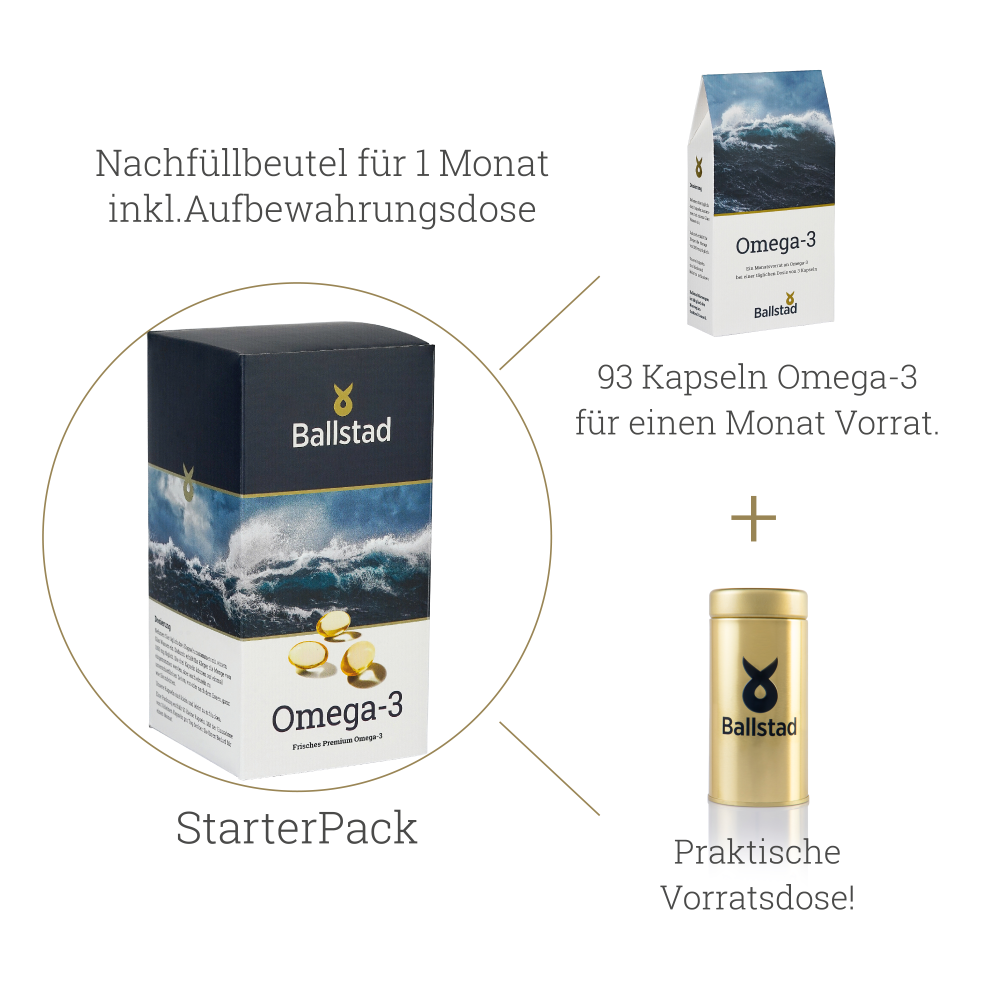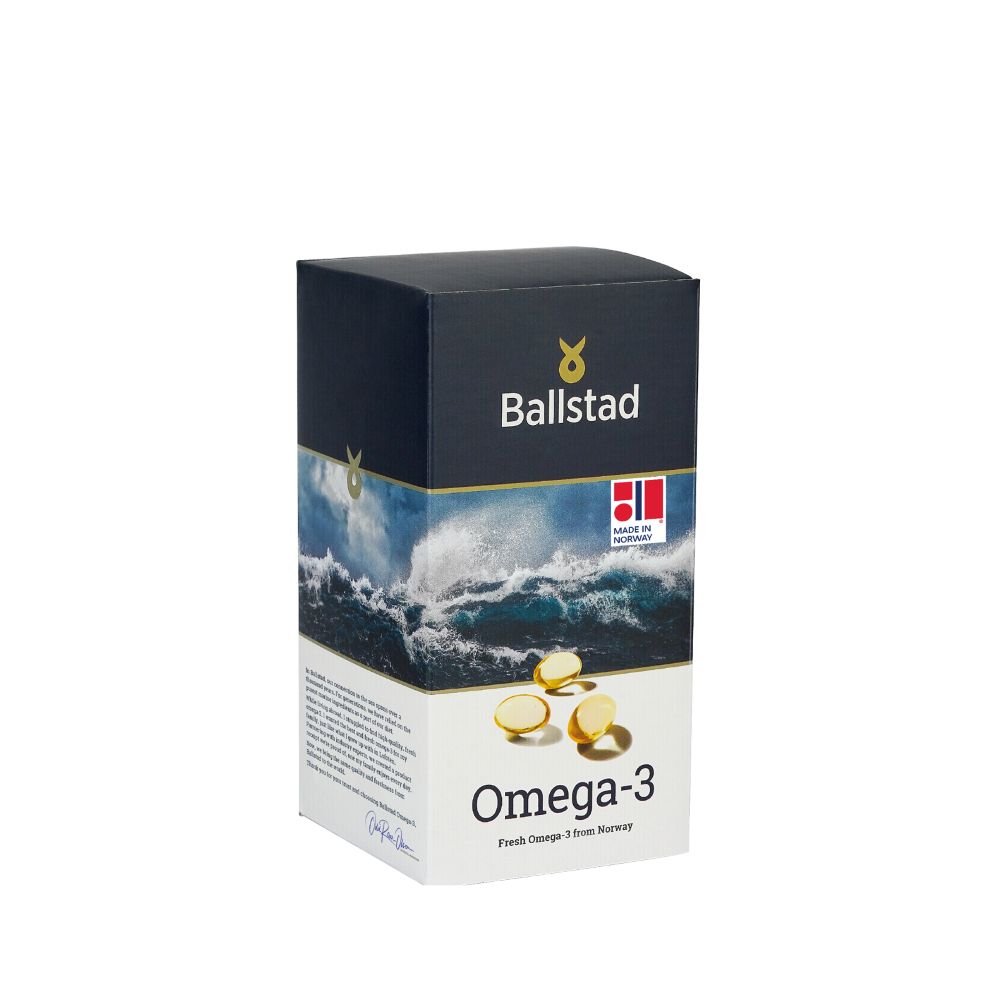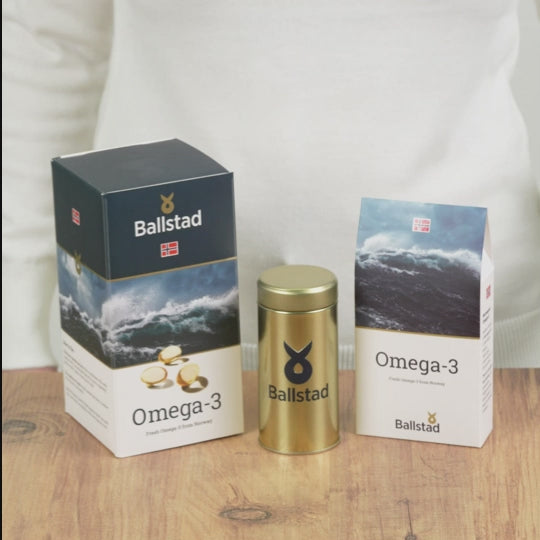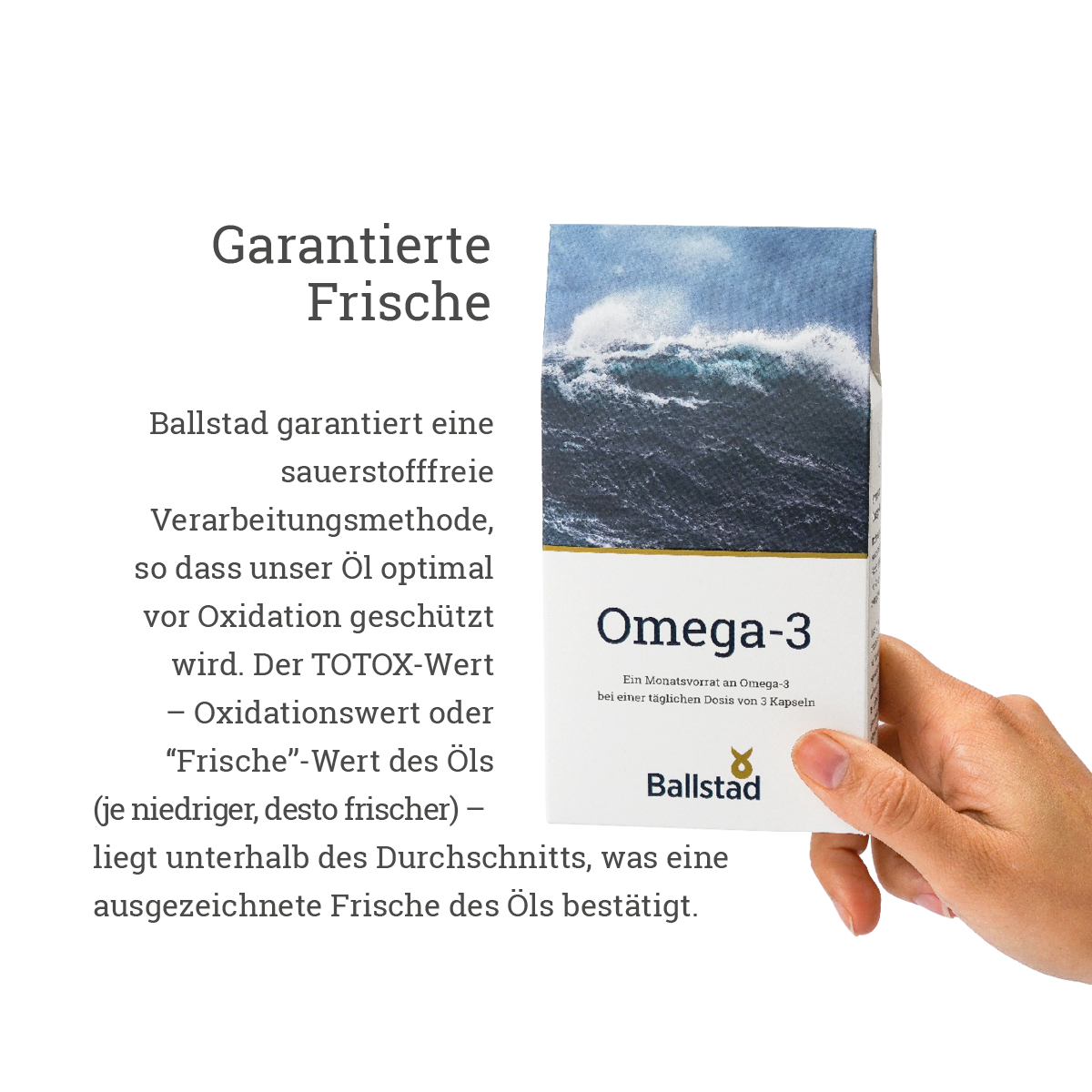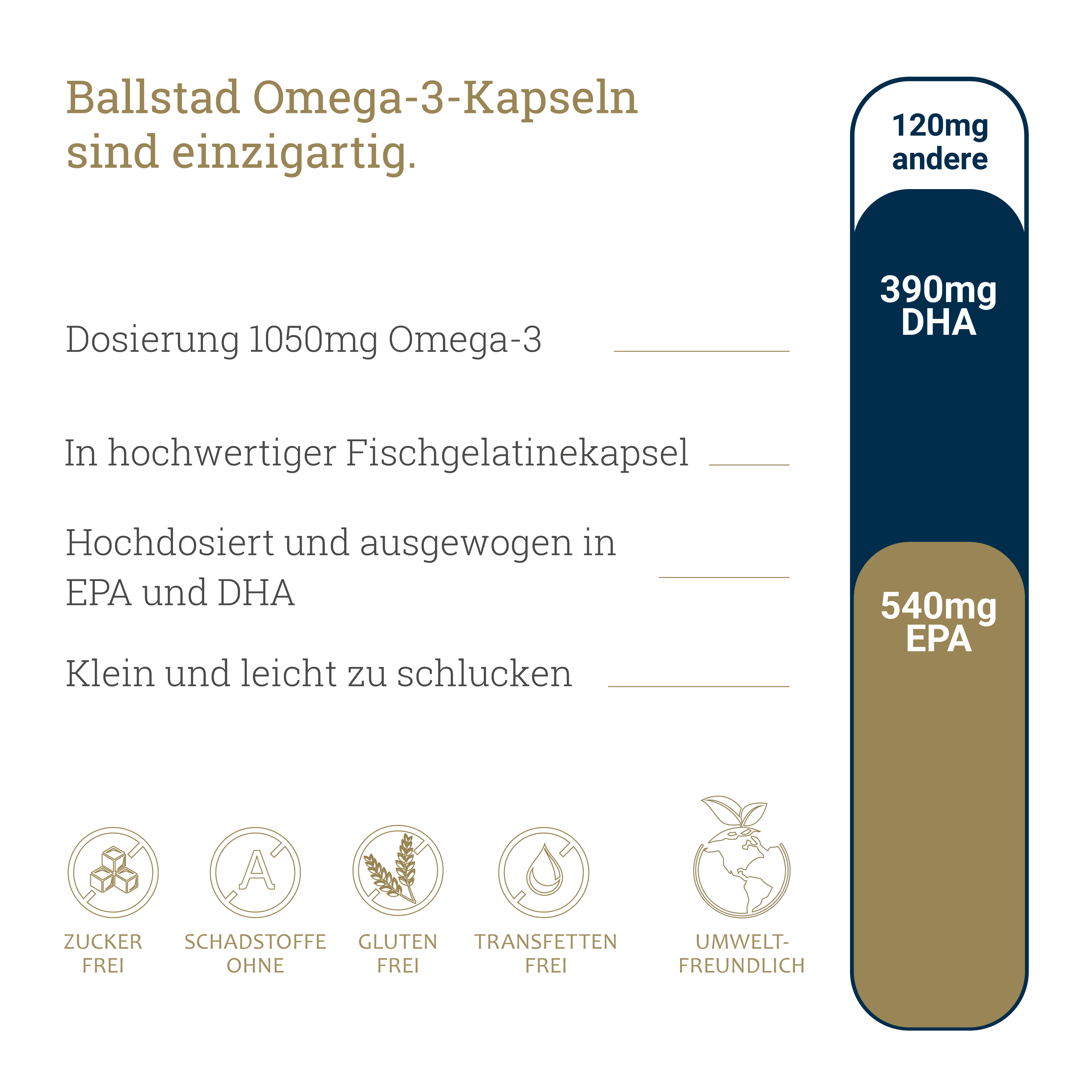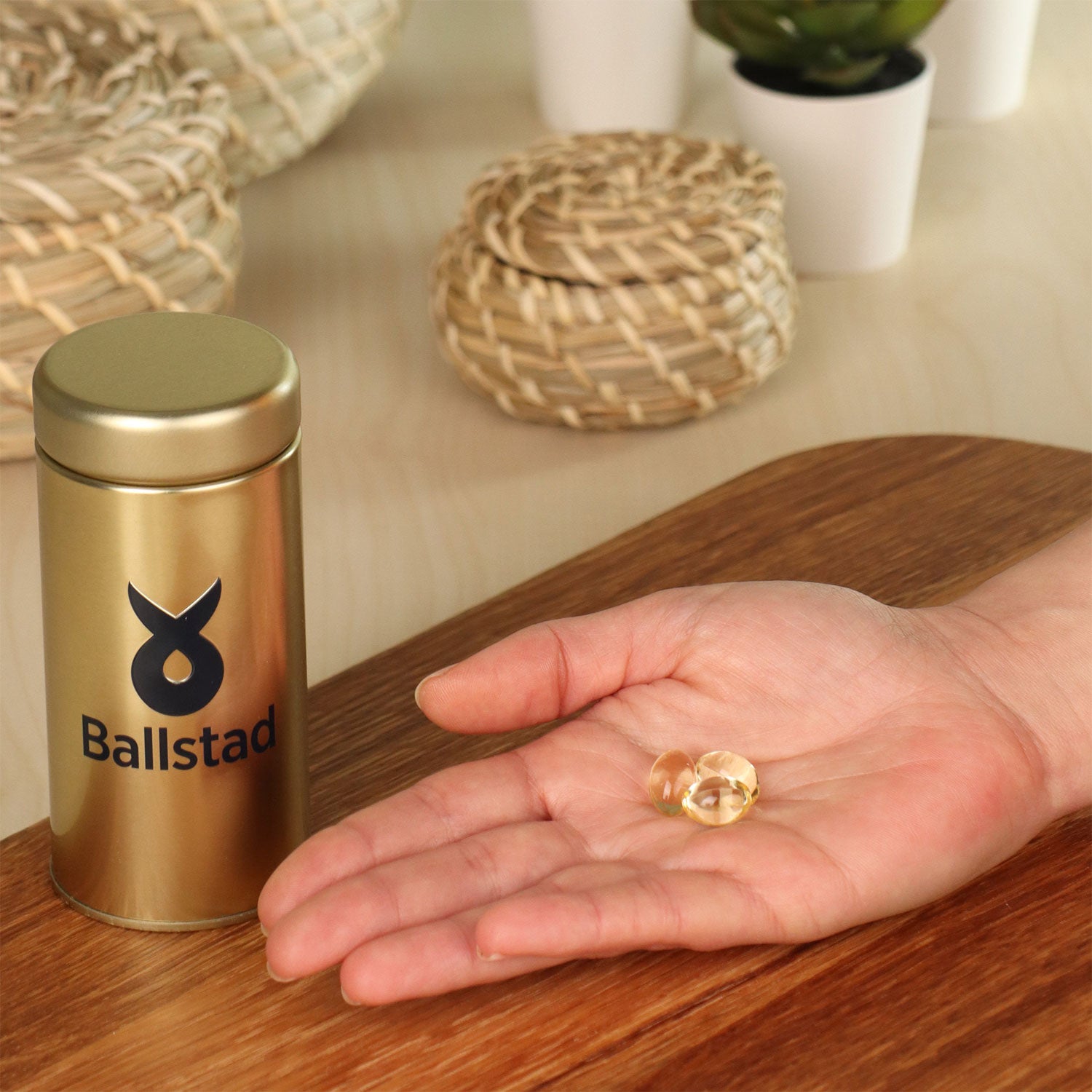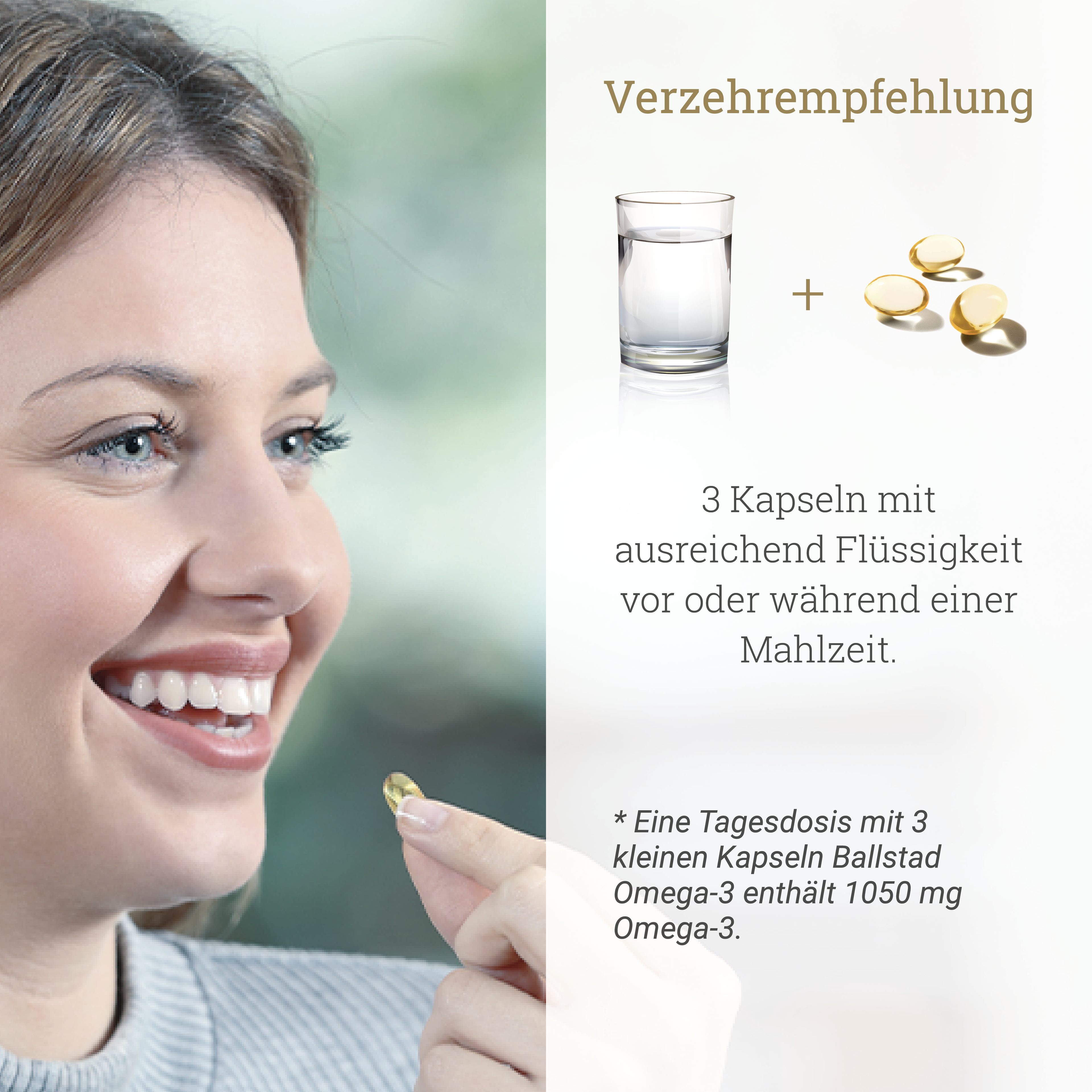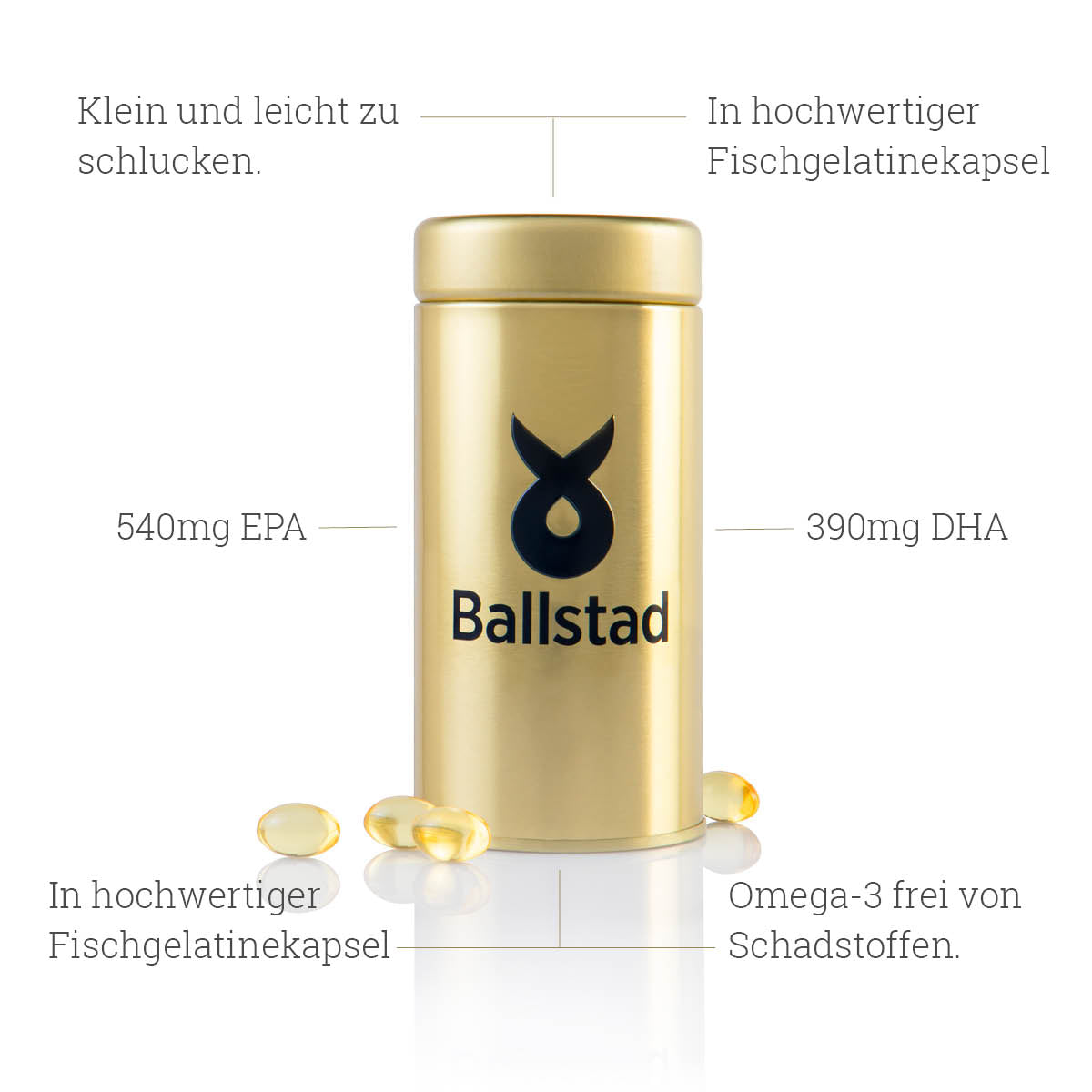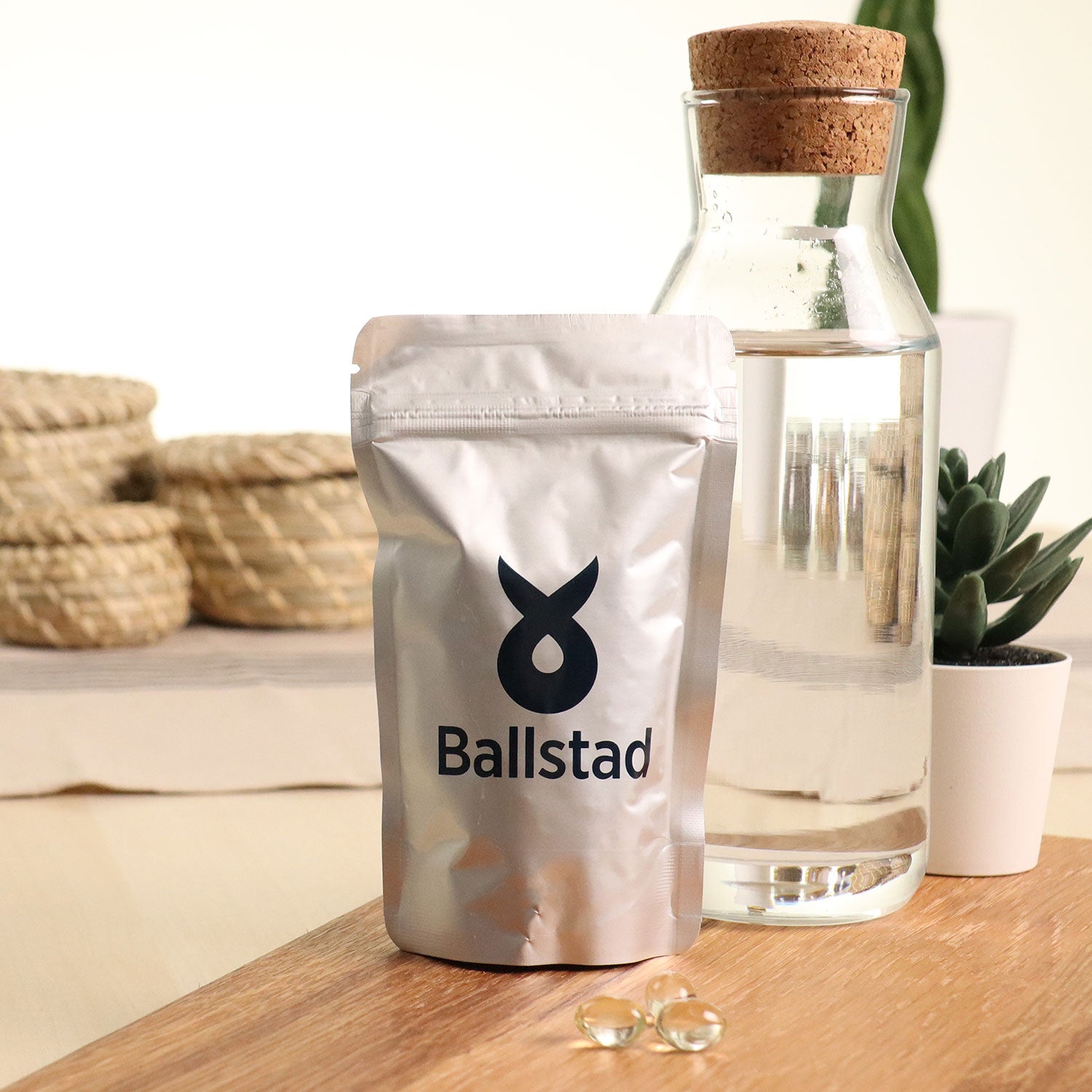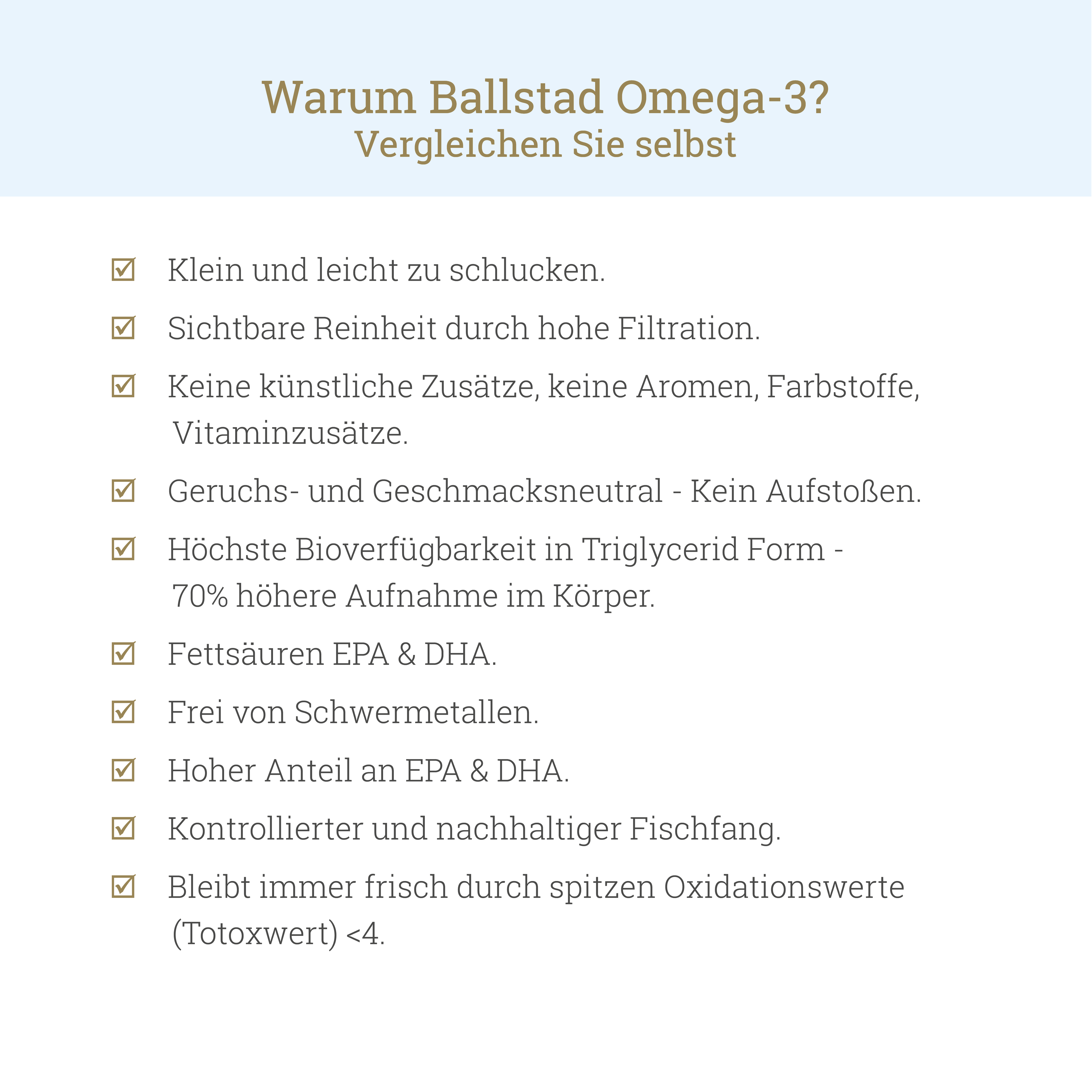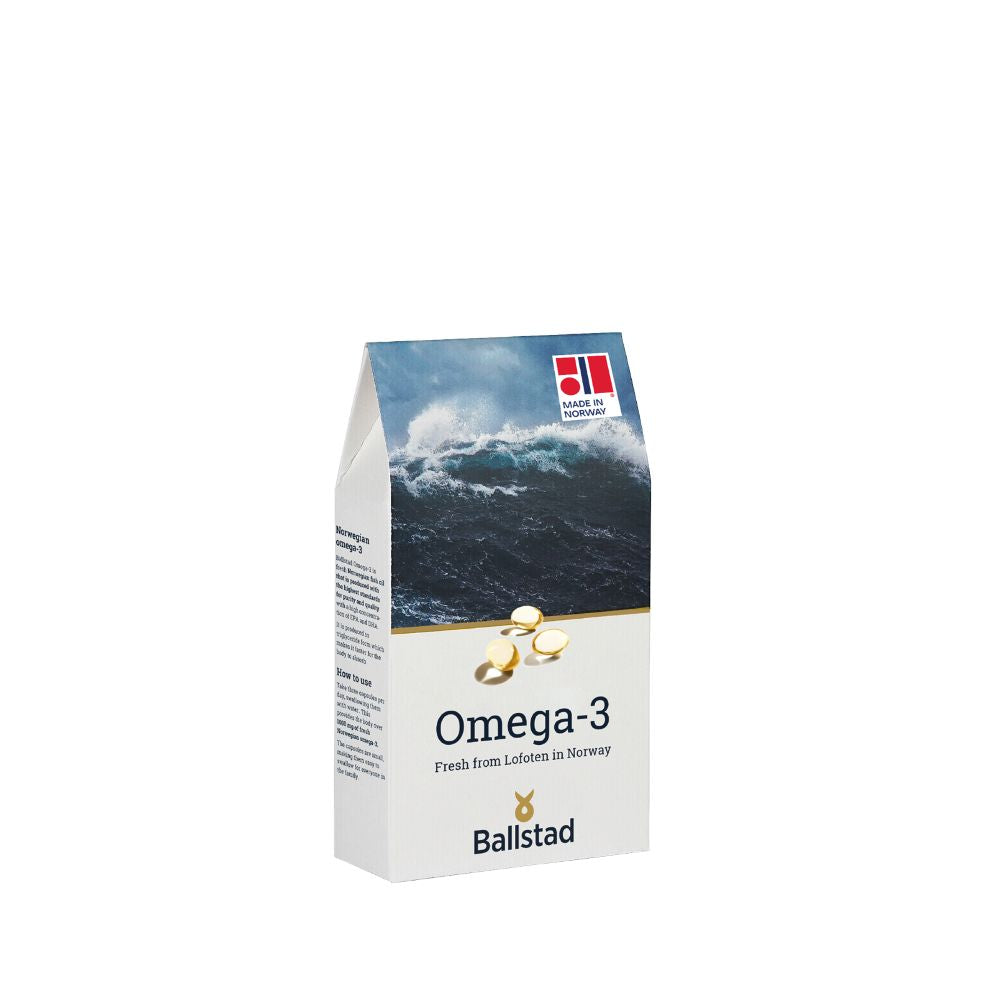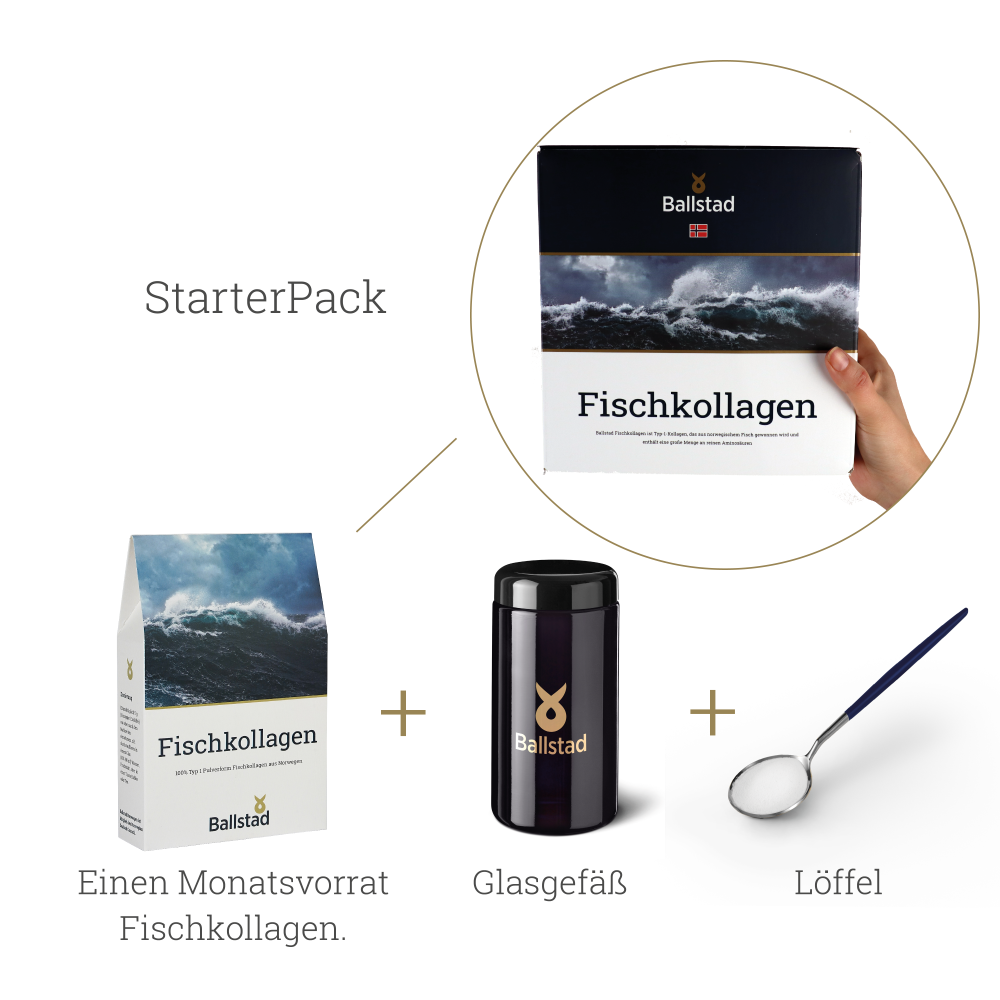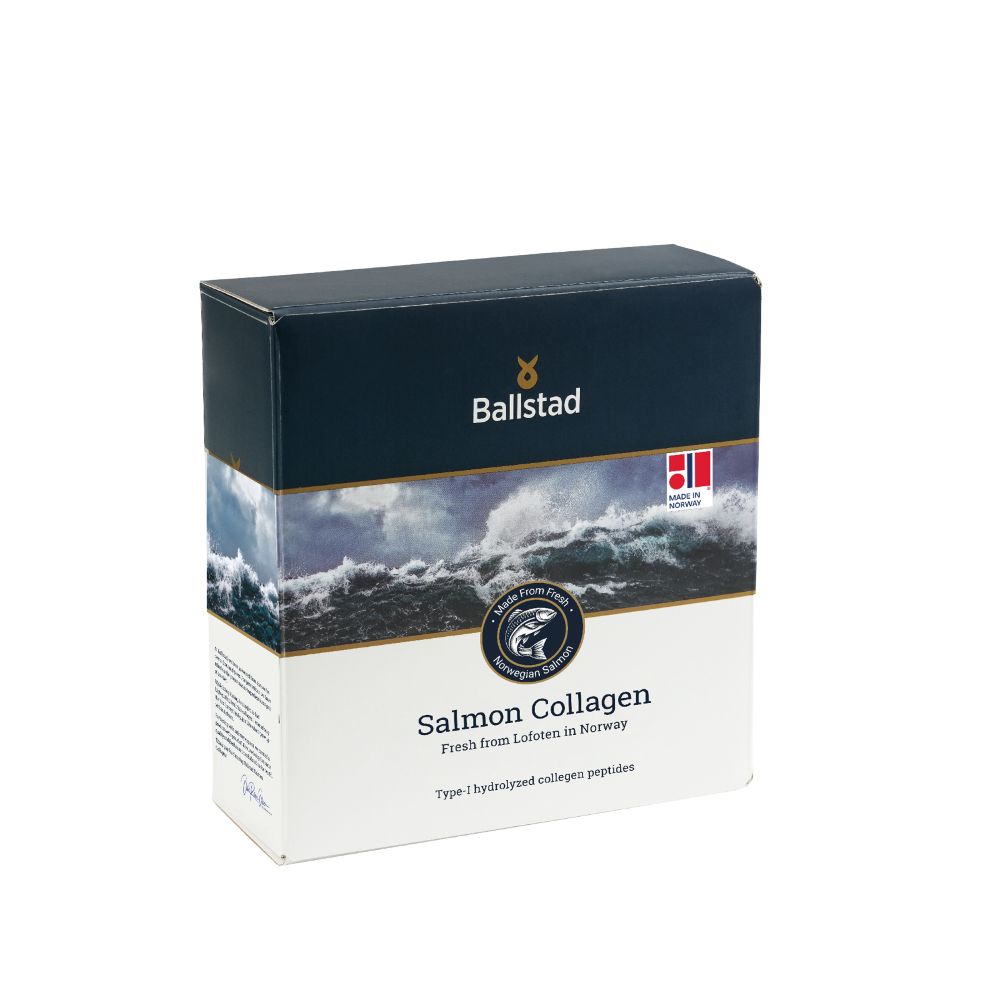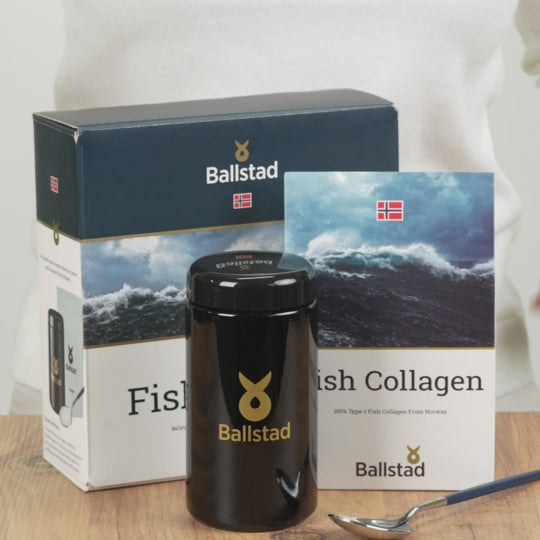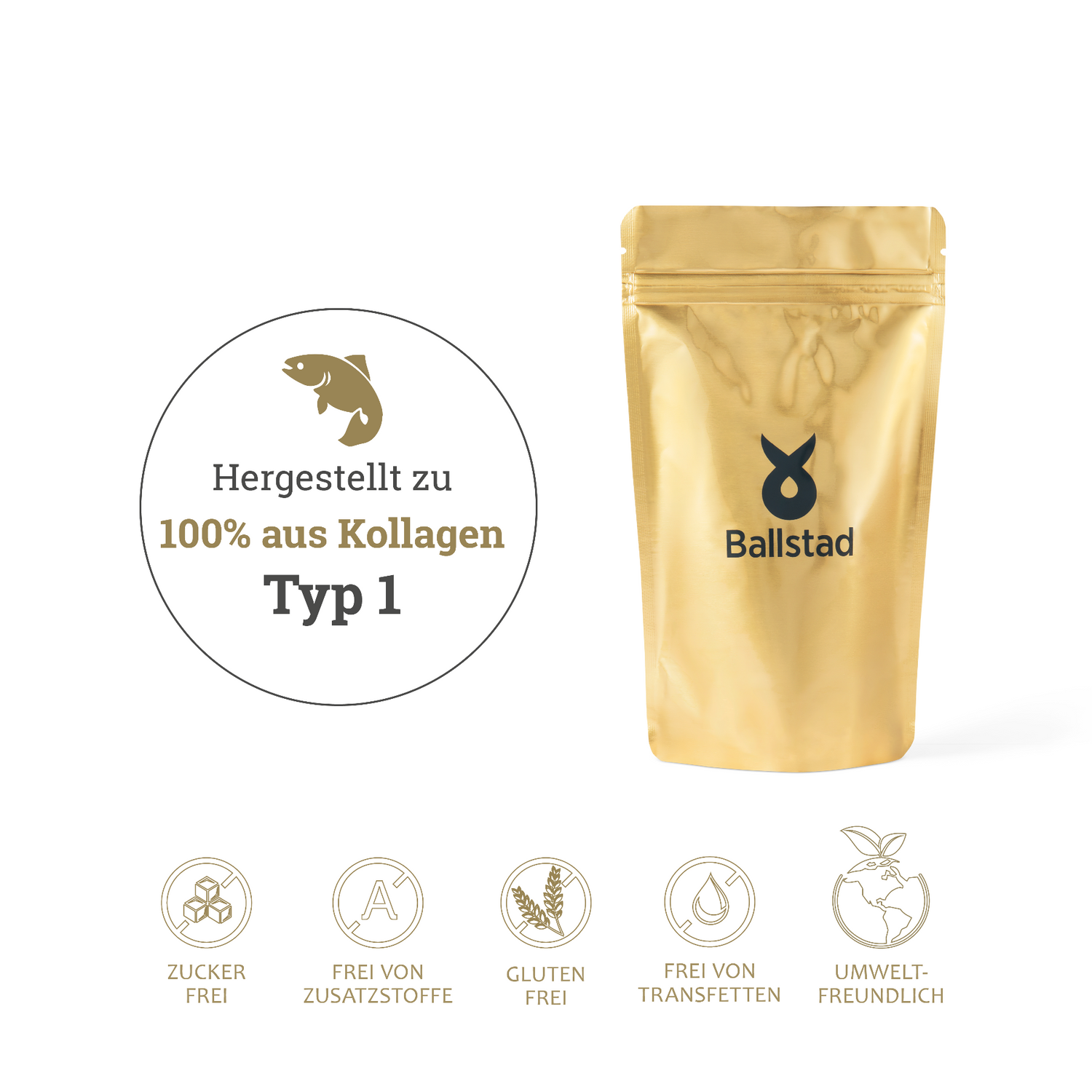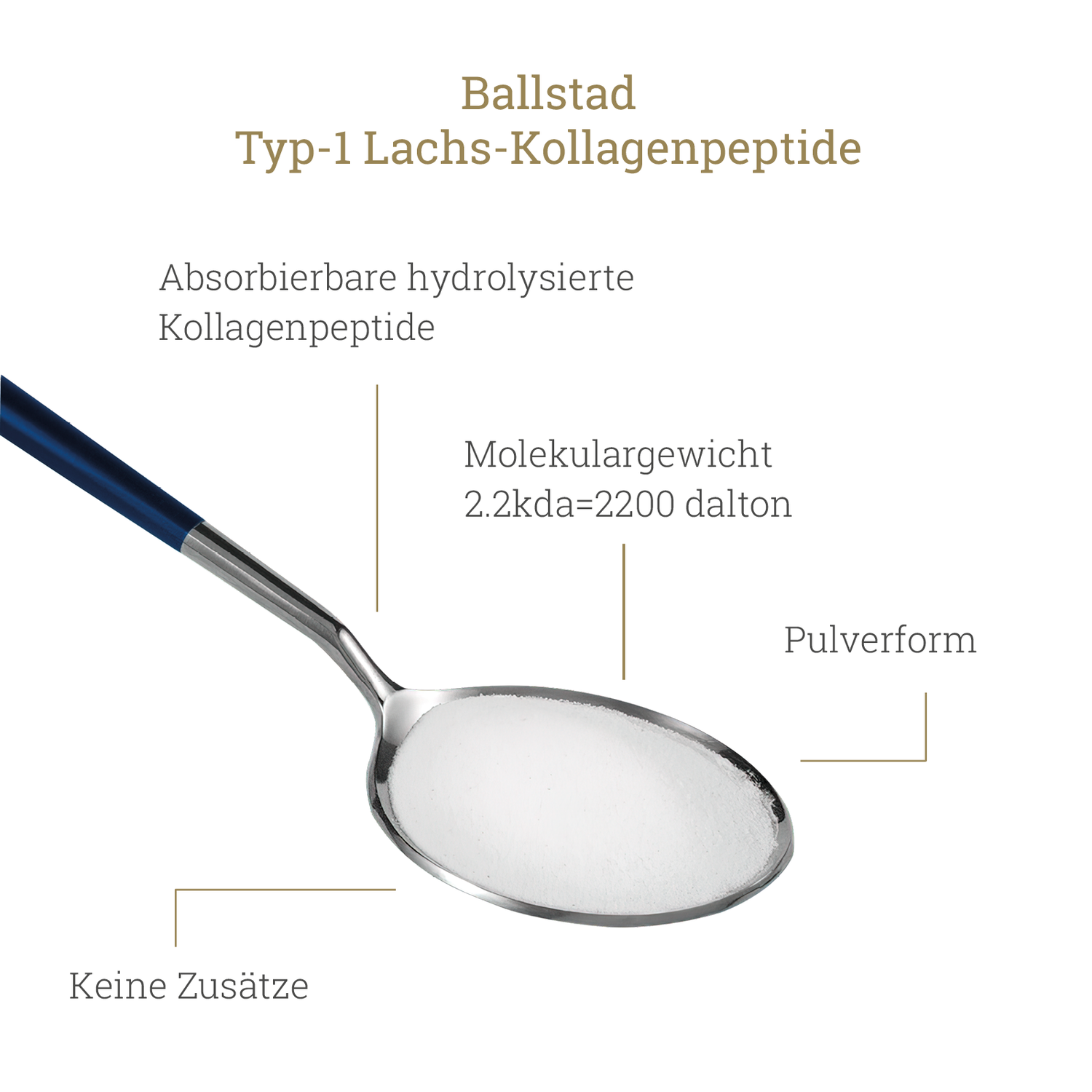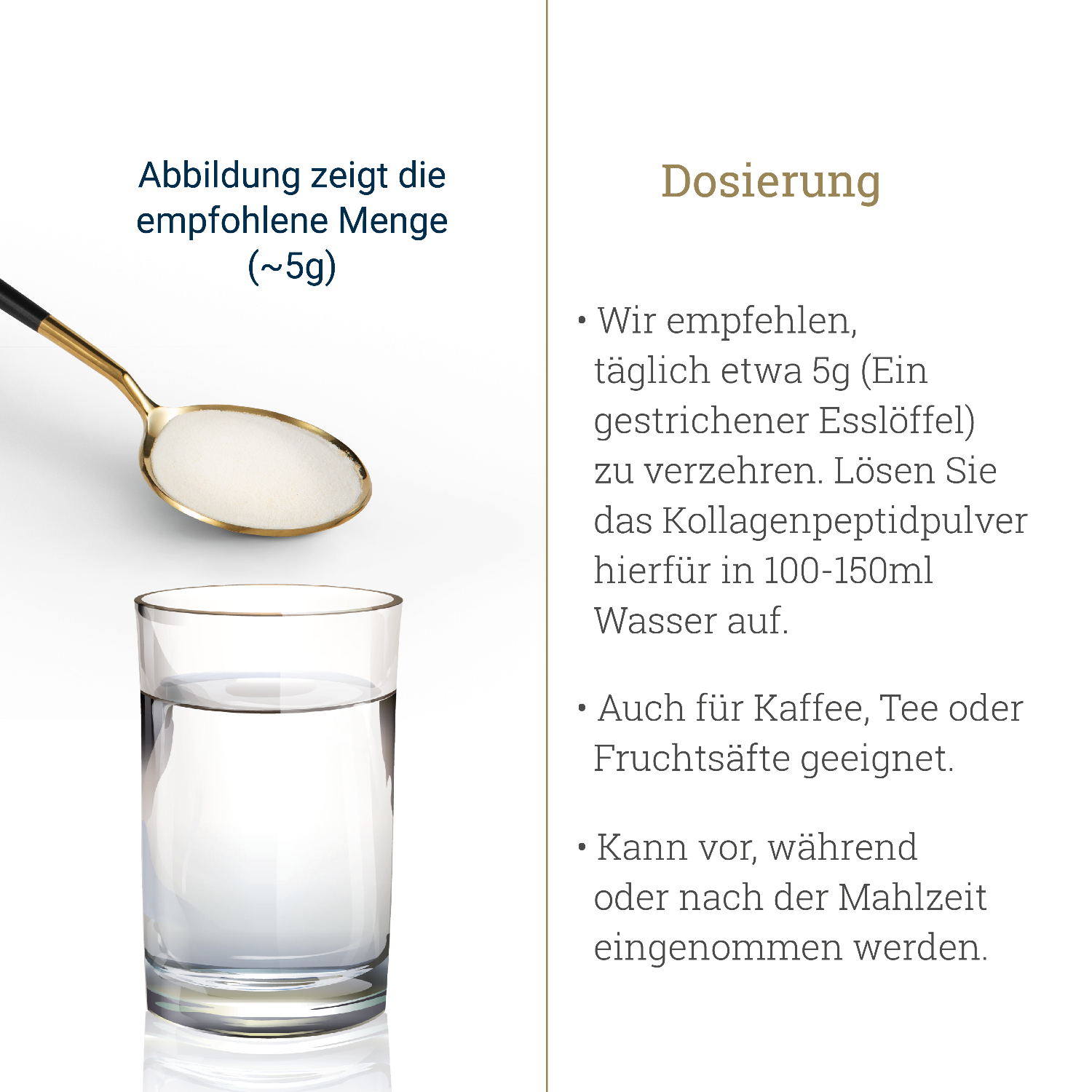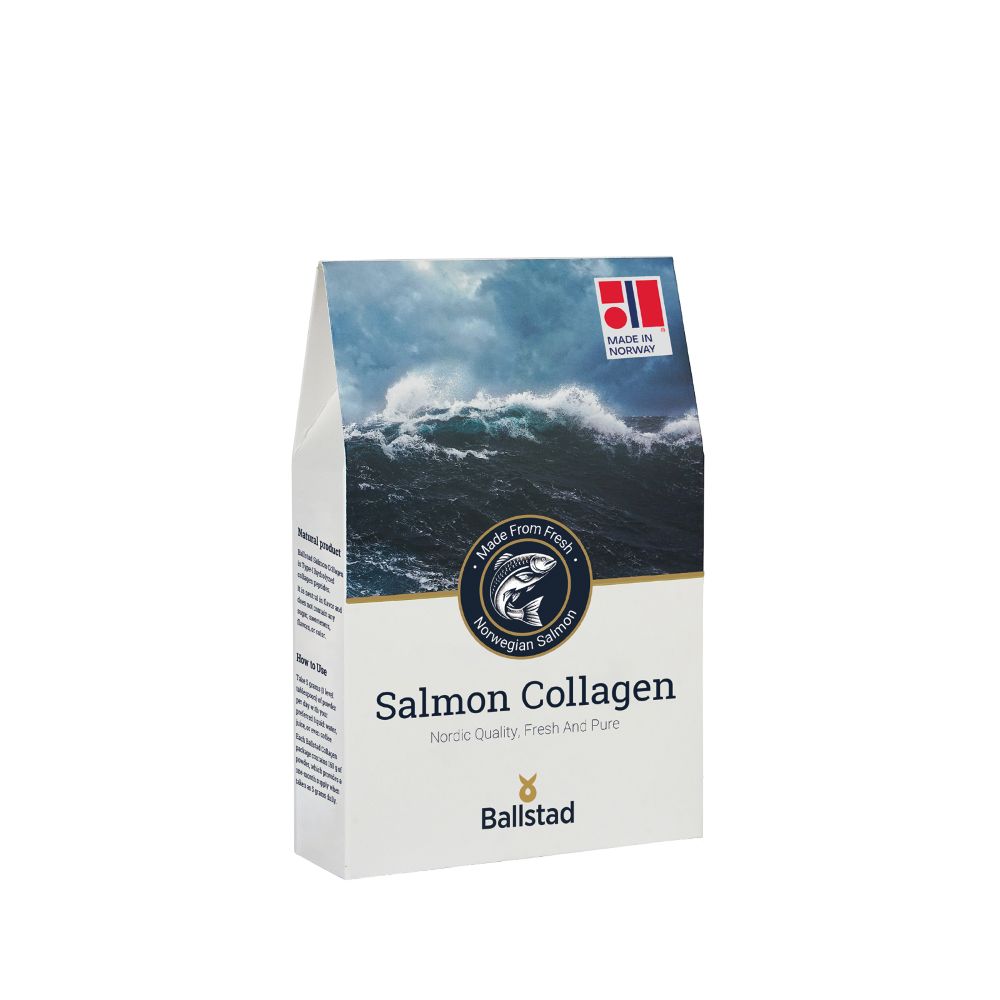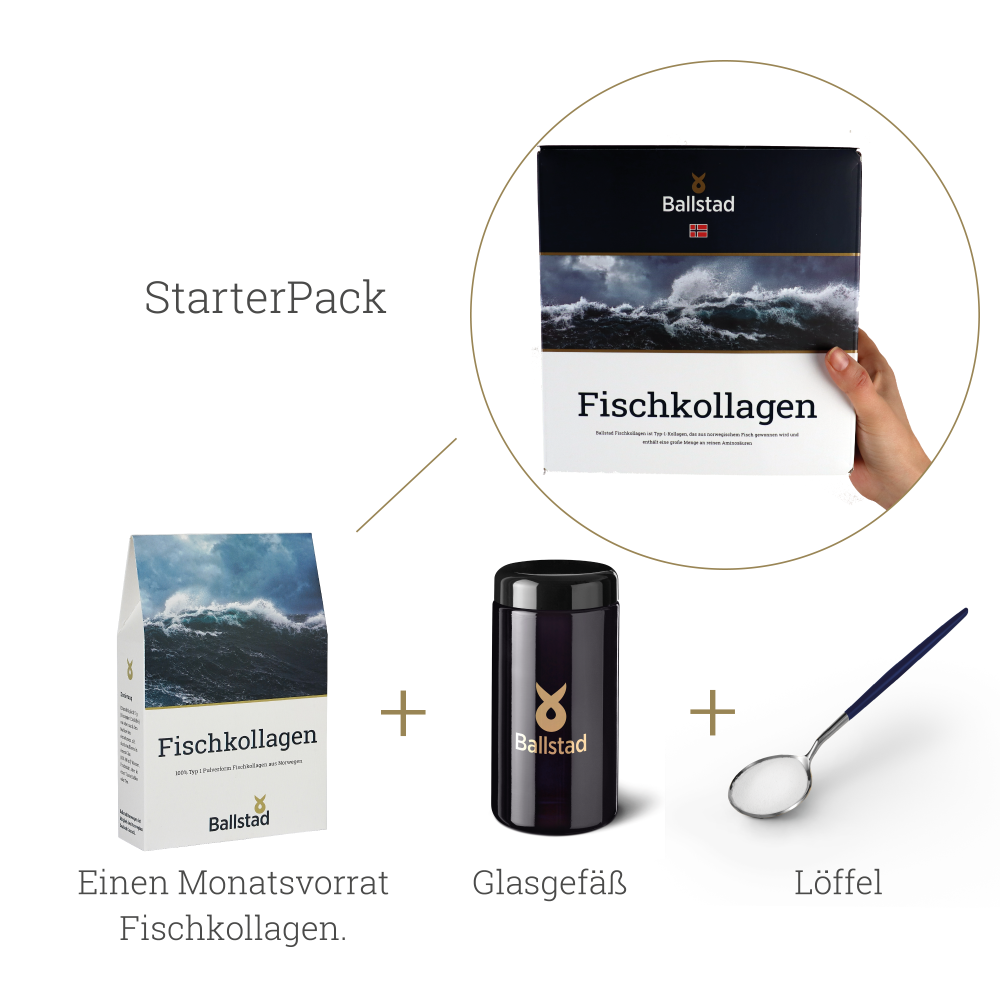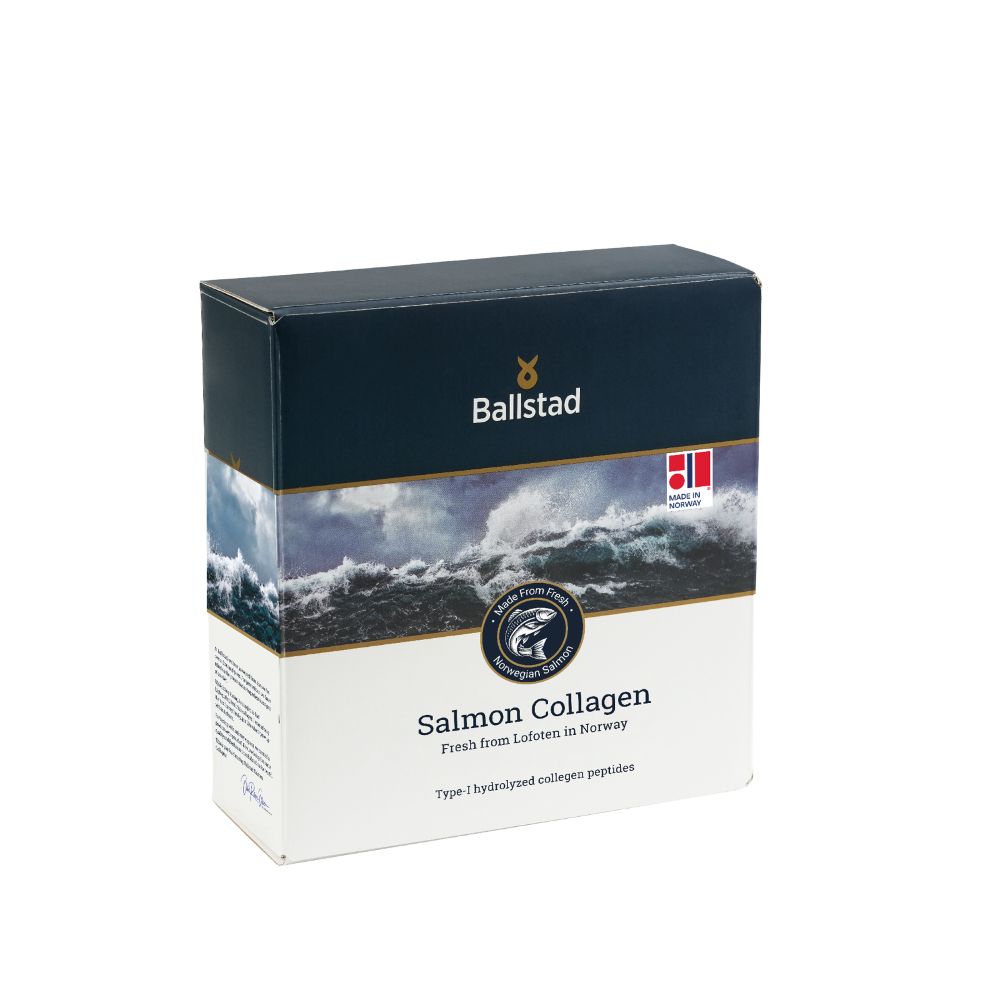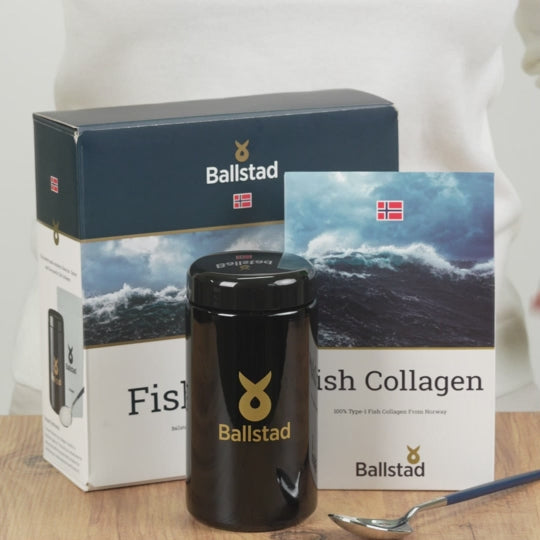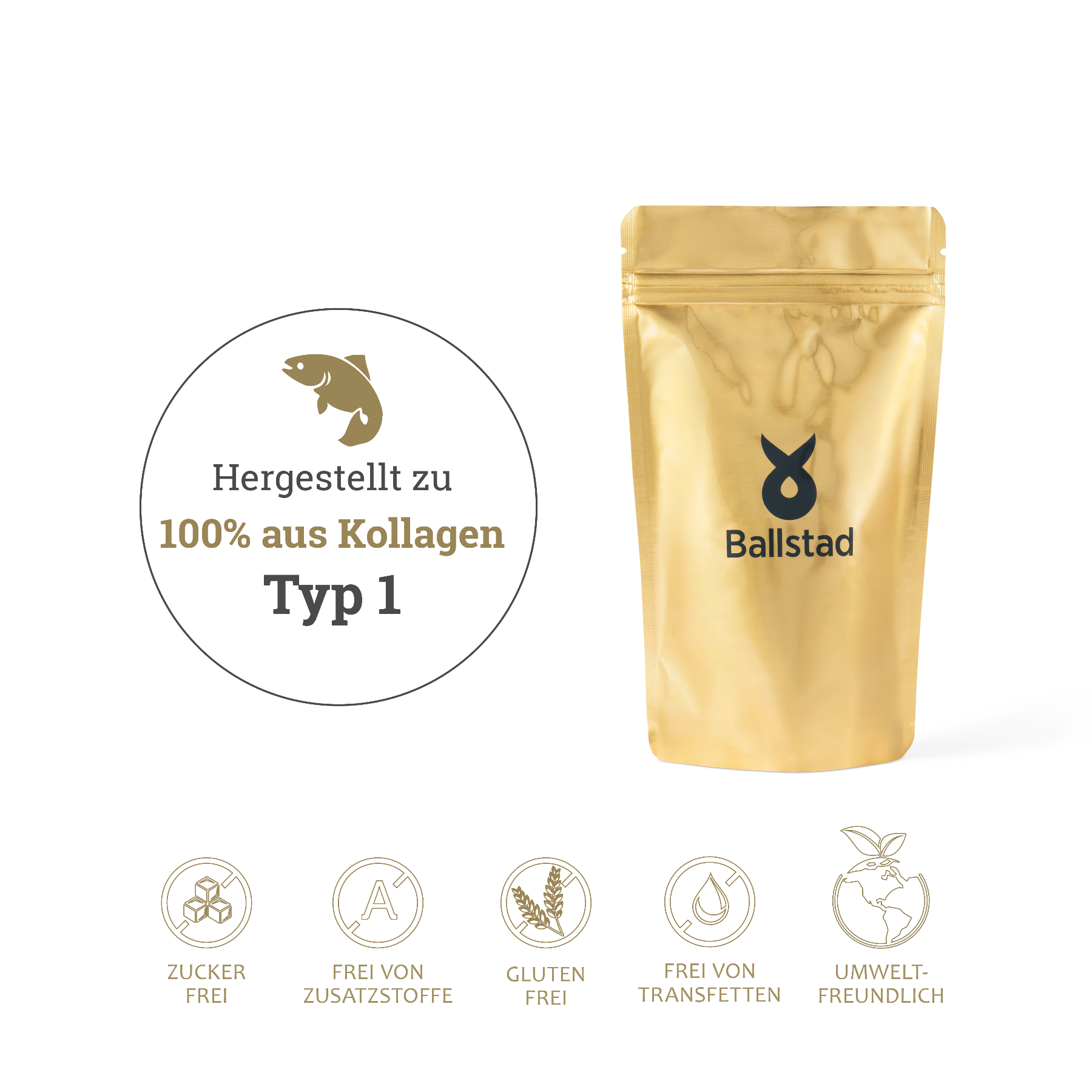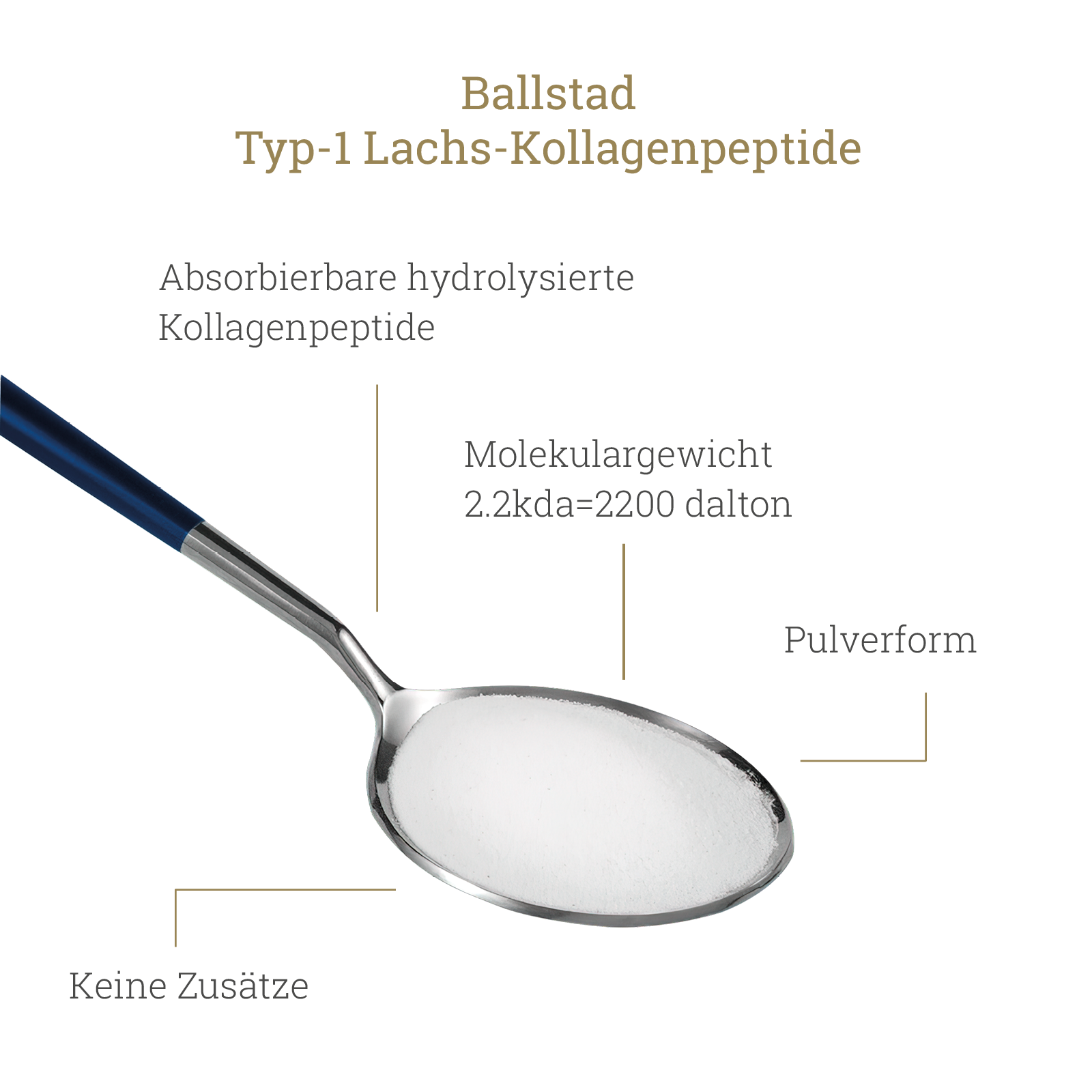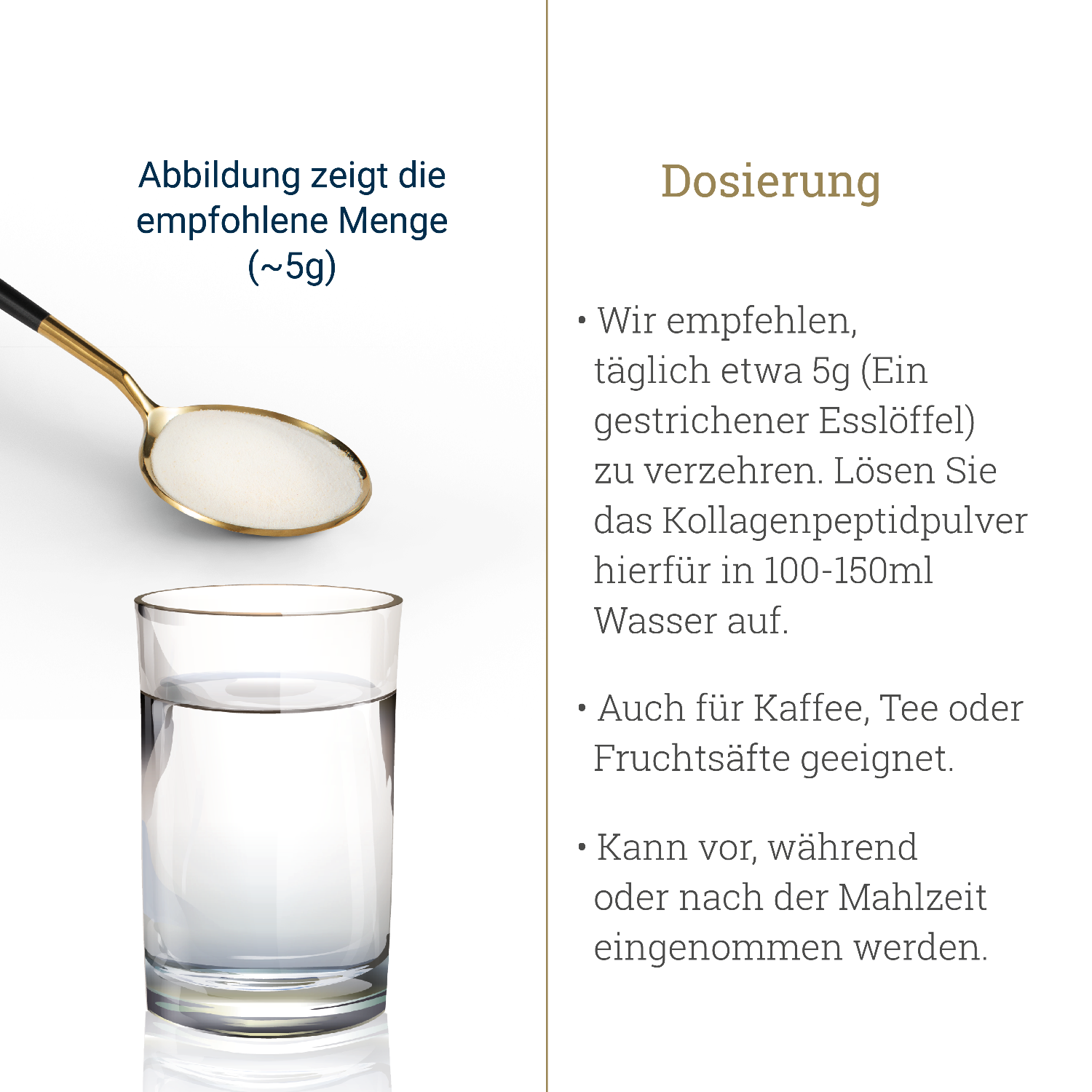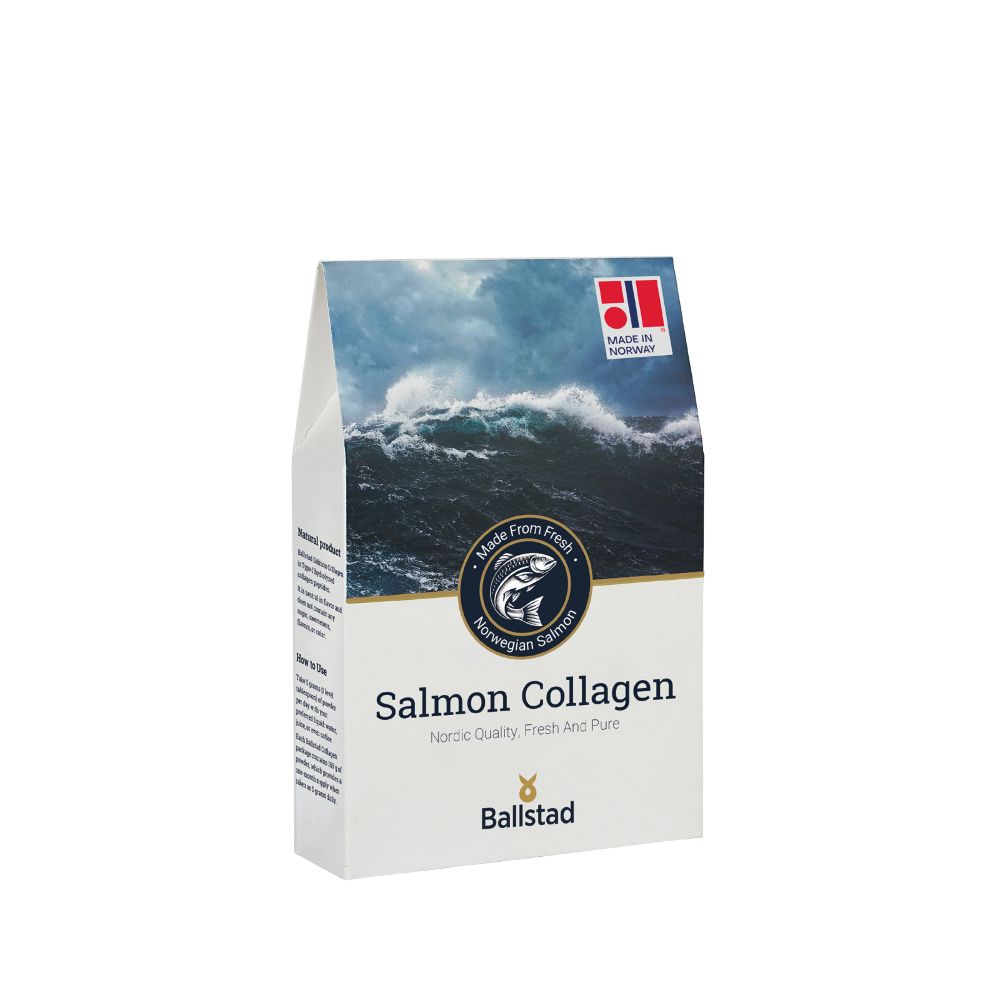As we age, the question of quality of life becomes more important. Today, healthy aging means more than just a long life expectancy – it's about vitality, mental acuity, and physical well-being. Studies show that a balanced diet plays a key role in maintaining an active life in old age. Fish oil with omega-3 fatty acids, in particular, is increasingly gaining attention.
Omega-3 – A versatile companion for everyday life
Scientific reviews describe numerous potential benefits of an adequate omega-3 status. For example, a connection to supporting normal joint and bone function, cognitive health, and a balanced inflammatory status is discussed. Age-related changes in metabolism and reduced nutrient absorption make it especially important to pay careful attention to a good supply.
Foods such as sardines and mackerel are considered particularly rich in EPA (eicosapentaenoic acid) and DHA (docosahexaenoic acid) – long-chain omega-3 fatty acids that are also found in high-quality dietary supplements. These contribute to the function of cell membranes and are valued as part of a varied diet.
Omega-3 and skin in old age
Although there are no approved health claims regarding omega-3 fatty acids in relation to skin, scientific articles report possible links between omega-3 intake, elasticity, and skin hydration. Studies indicate that adequate intake can help support the skin barrier—a consideration that is particularly relevant for dry skin or in older people.
New findings from observational studies
An analysis of the Cardiovascular Health Study published in the British Medical Journal showed that older people with a higher omega-3 index were less likely to develop chronic diseases over a 14-year period. Although such studies do not provide direct evidence of efficacy, they underscore the importance of a good omega-3 intake in old age.
The well-known Framingham Heart Study also discussed a link between higher omega-3 levels and overall lower mortality in people between 66 and 73 years of age.
An analysis of the Women's Health Initiative Memory Study suggests that women with higher omega-3 blood levels had a lower risk of age-related complications. These data represent an interesting contribution to the scientific discussion surrounding omega-3 and healthy aging.
How much EPA and DHA is useful?
Certain permissible health claims apply to EPA and DHA, such as the contribution to normal heart function with a daily intake of 250 mg. Studies on omega-3 intake in older people have sometimes examined significantly higher levels, although such dosages should always be individually adjusted by a physician.
As part of a balanced diet, 1,000 mg of combined EPA and DHA fatty acids per day can be a reasonable guideline for adults. Those looking to supplement their diet specifically should look for products with a defined EPA:DHA ratio and proven purity.


